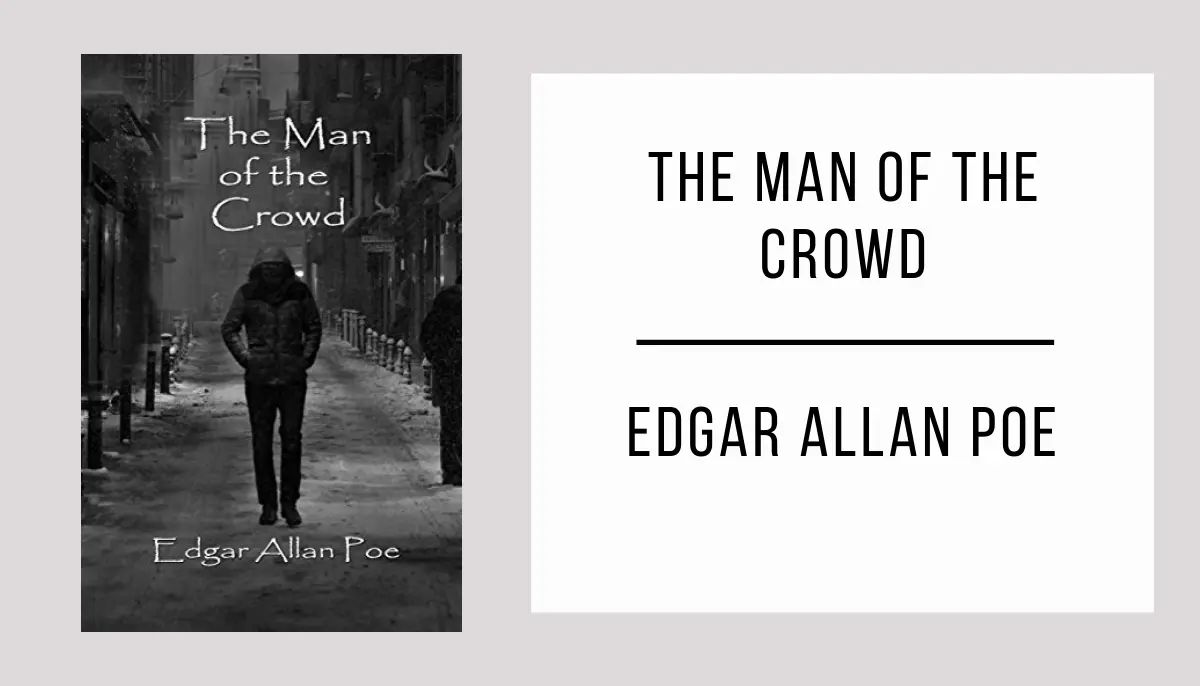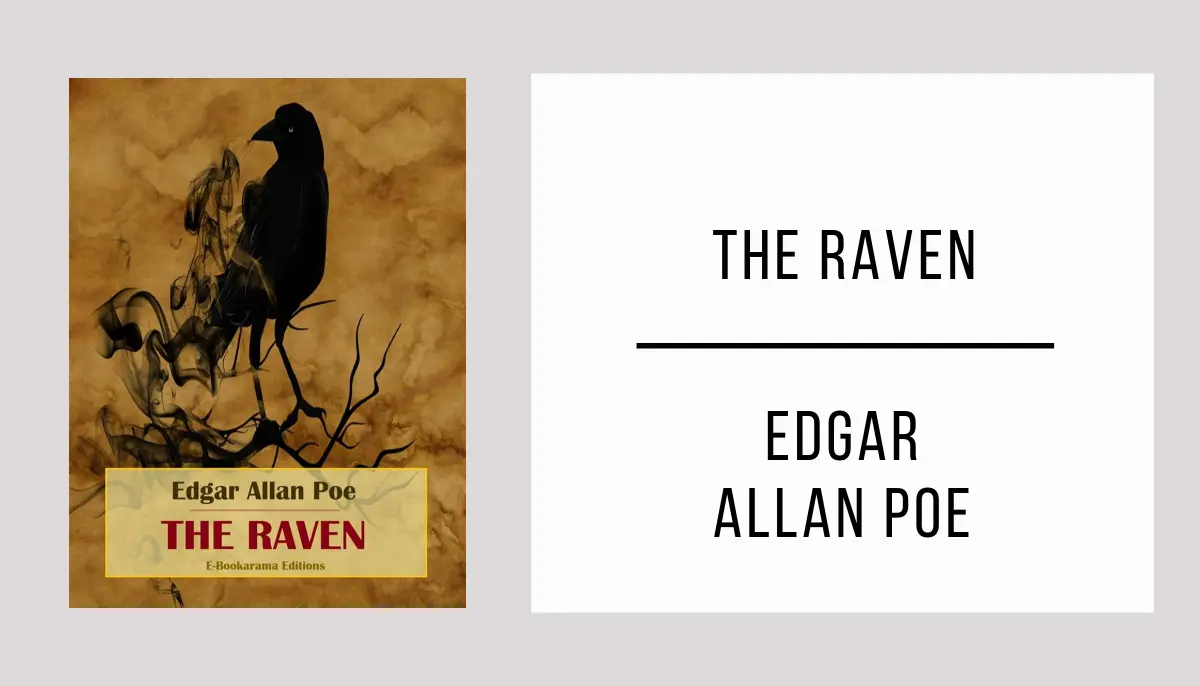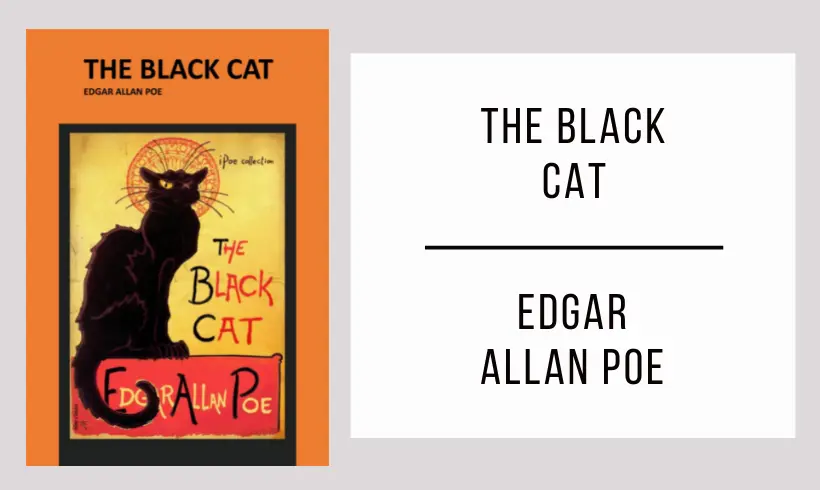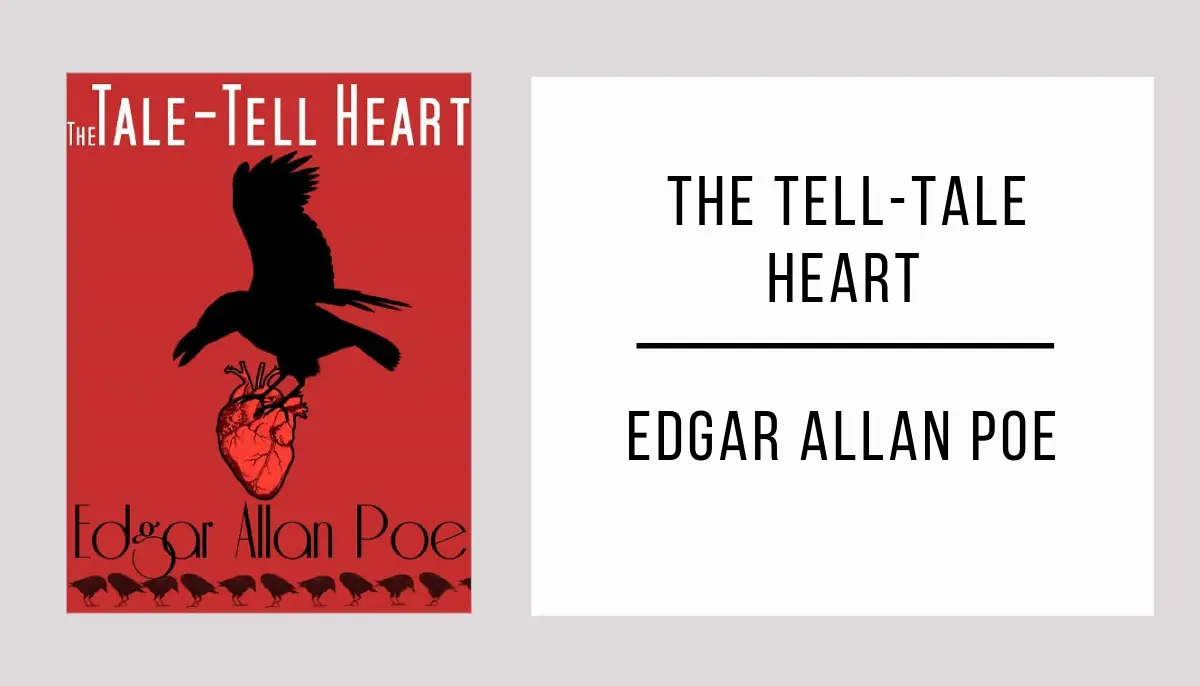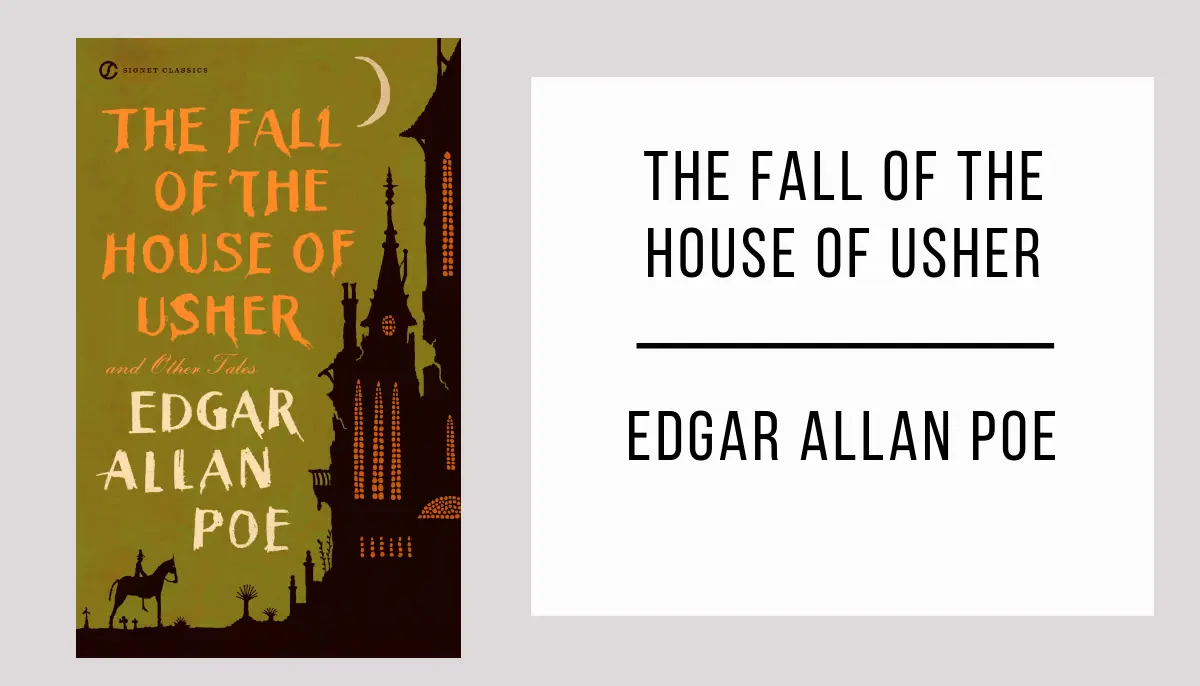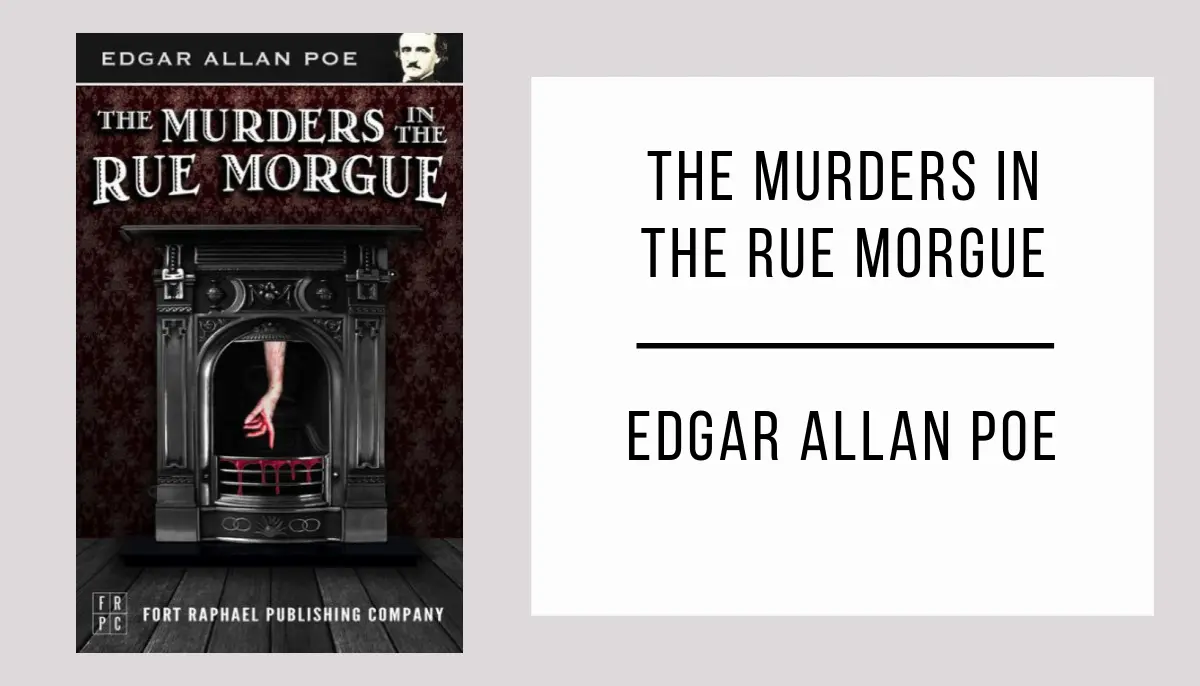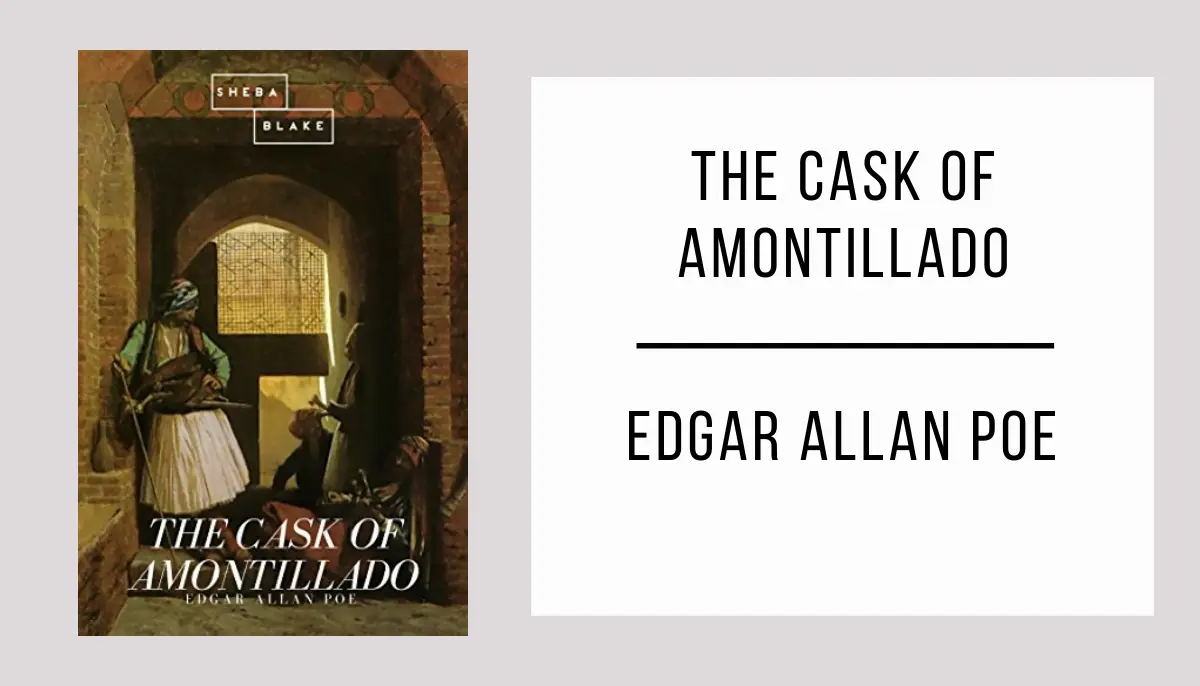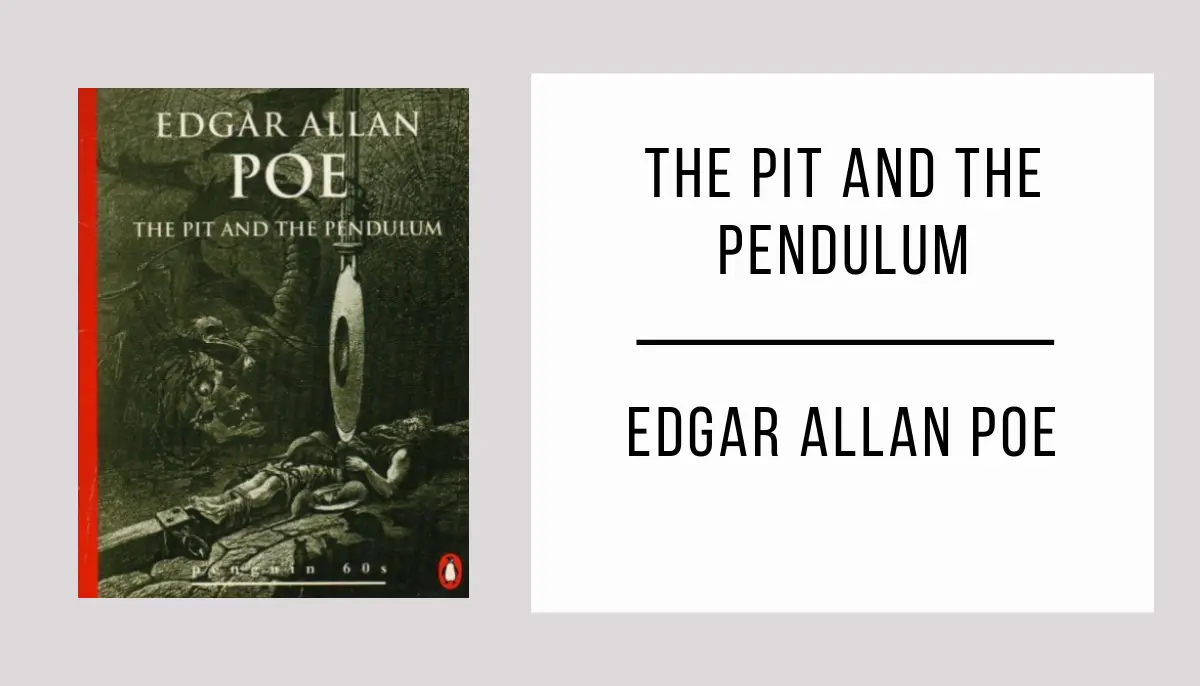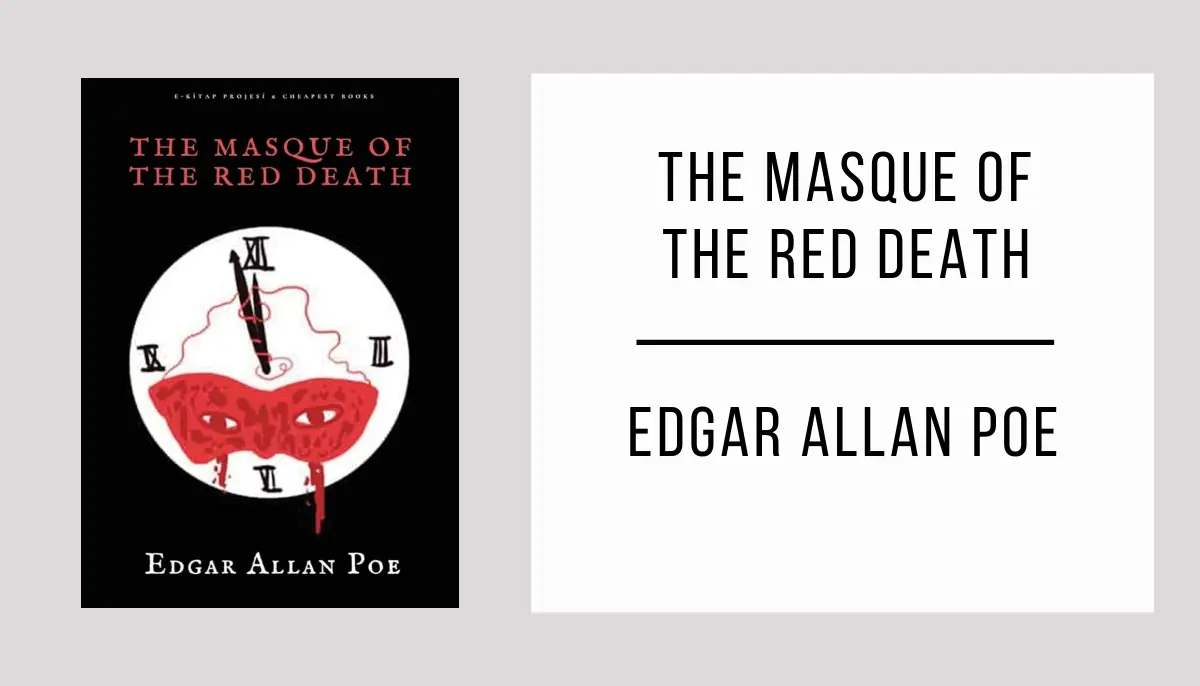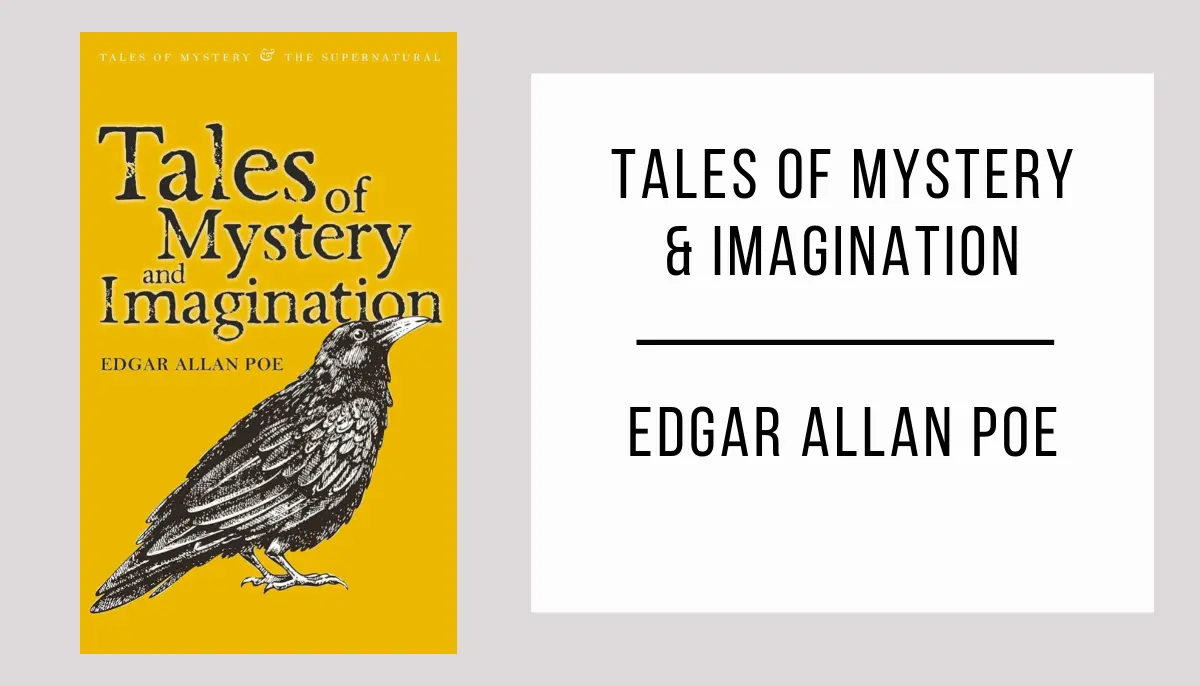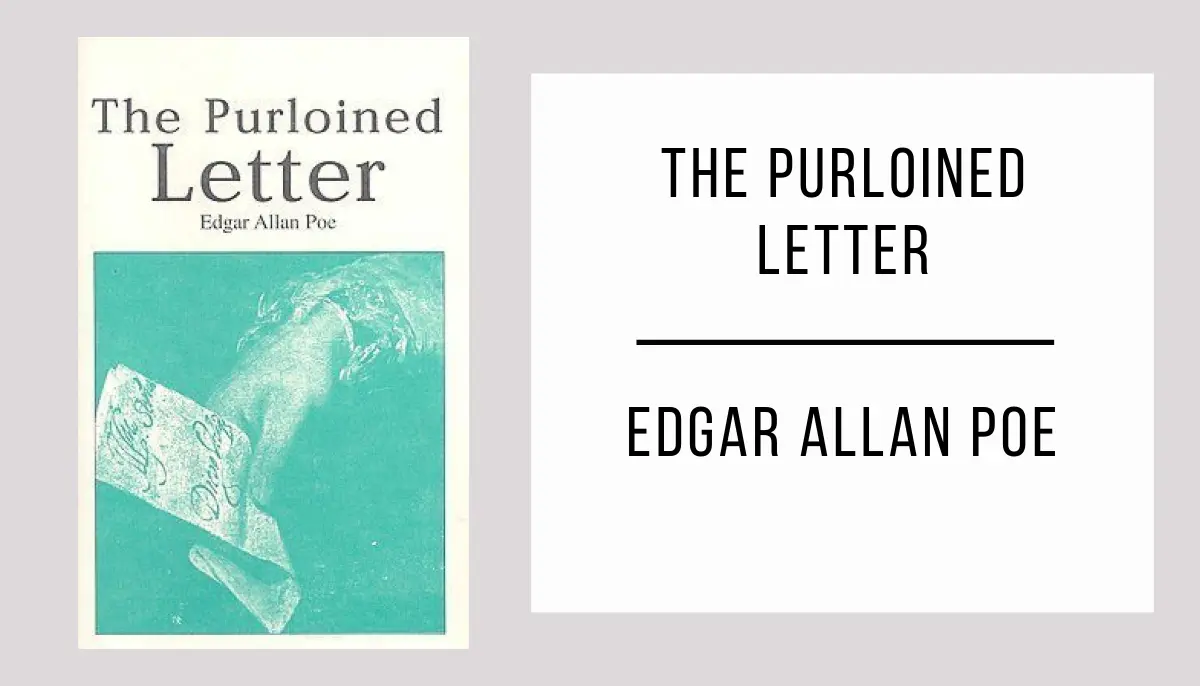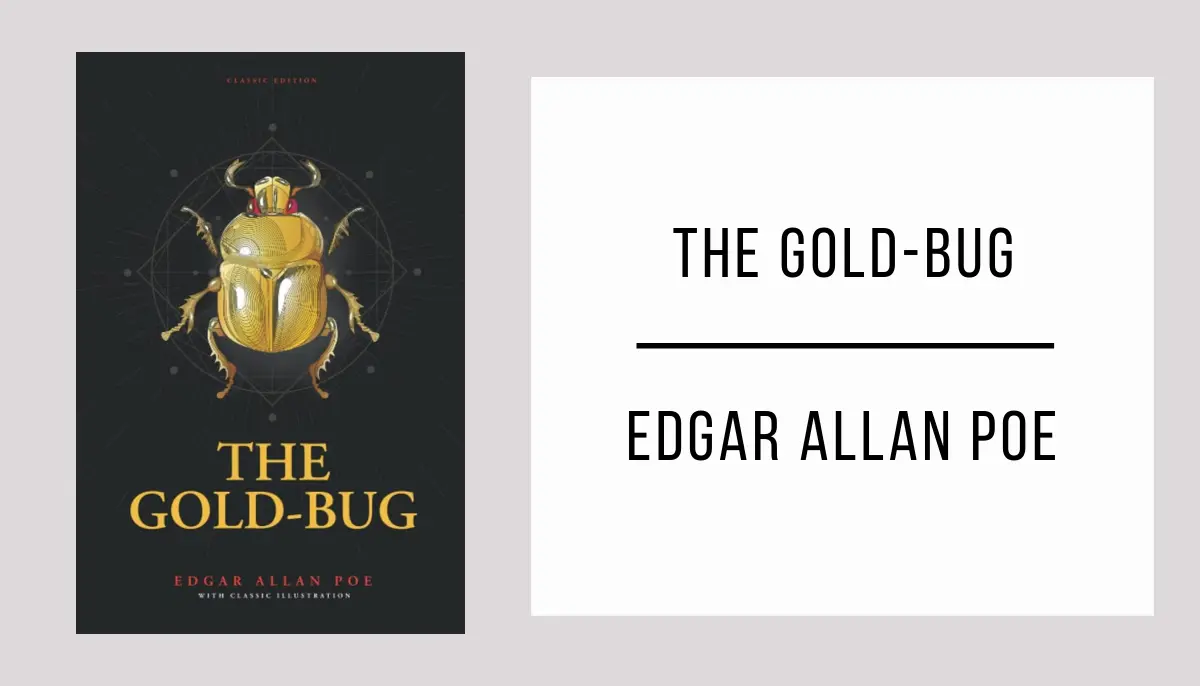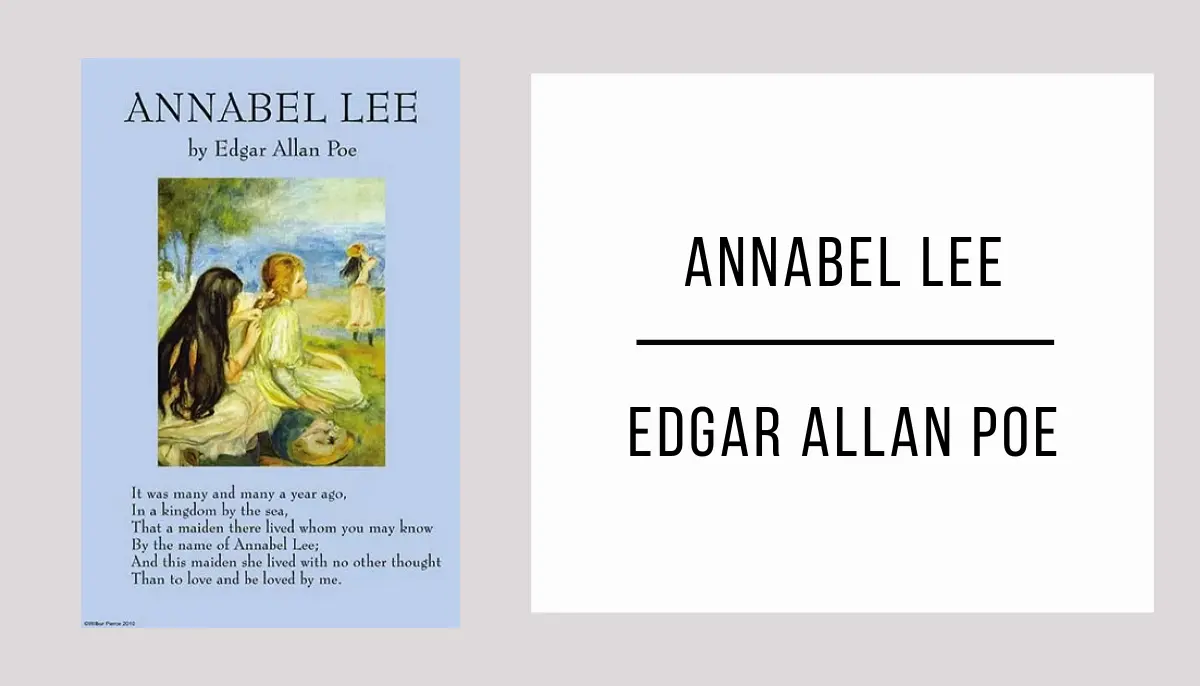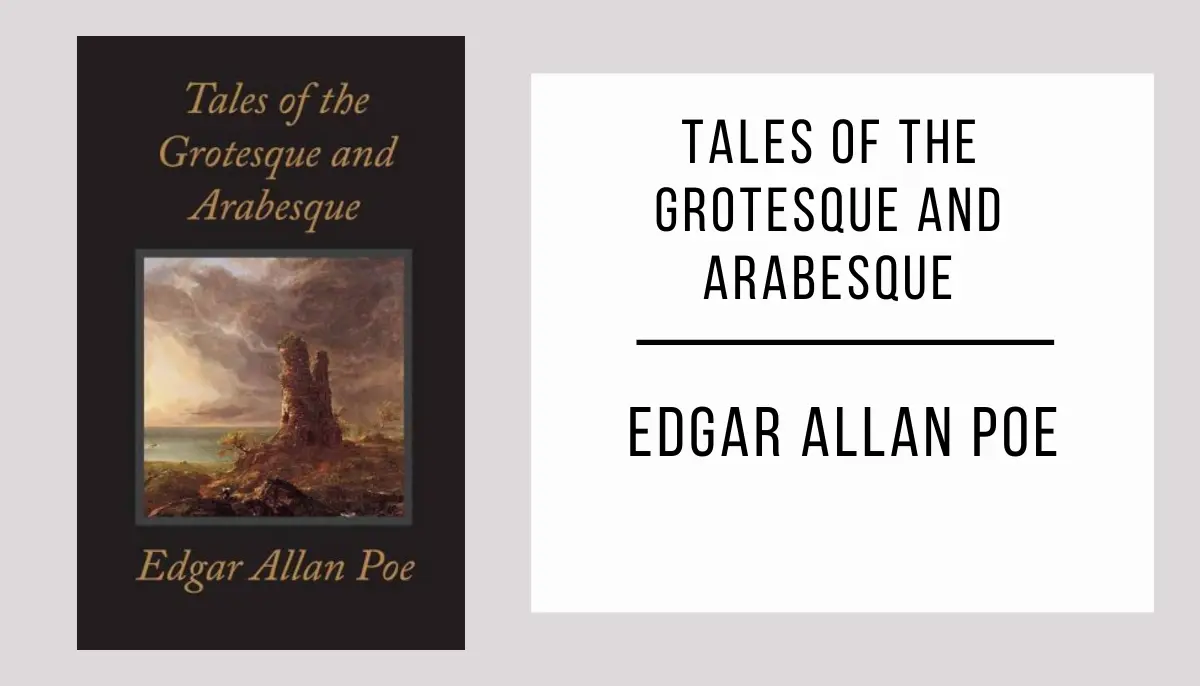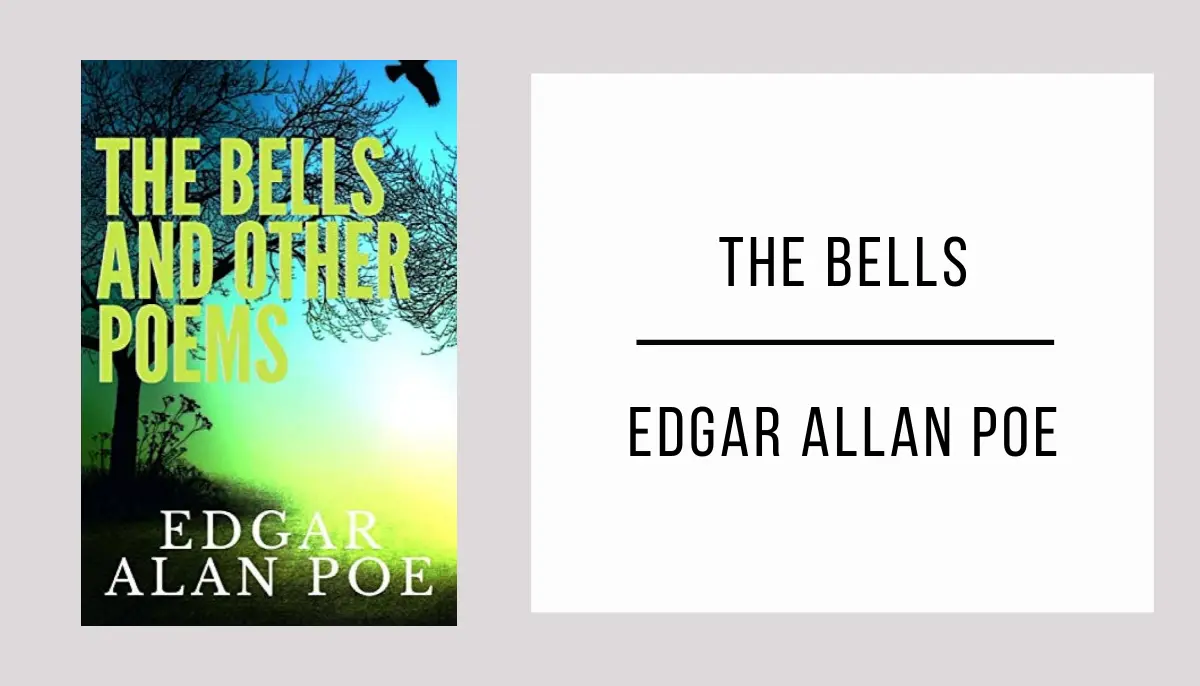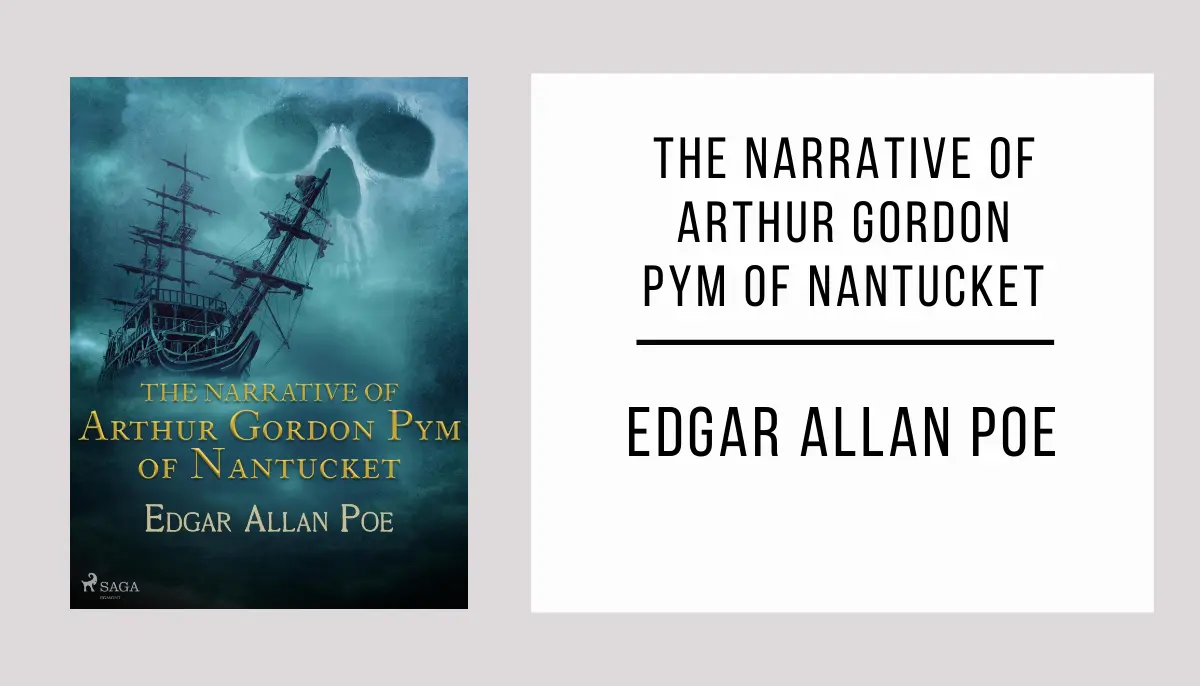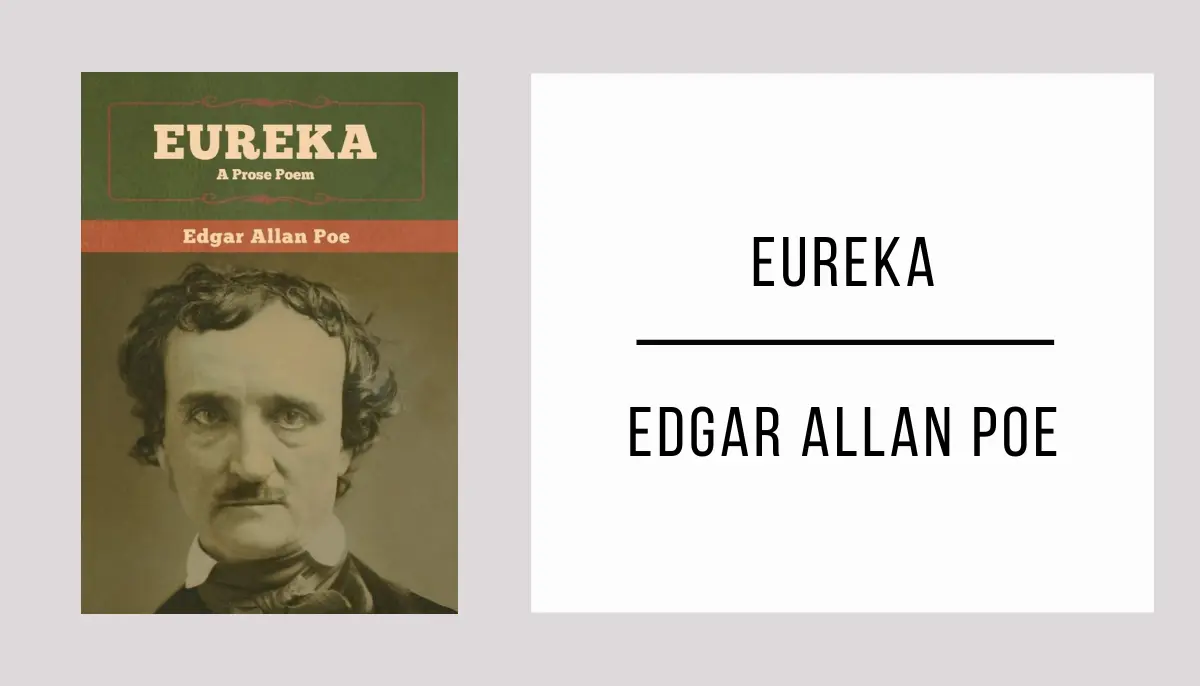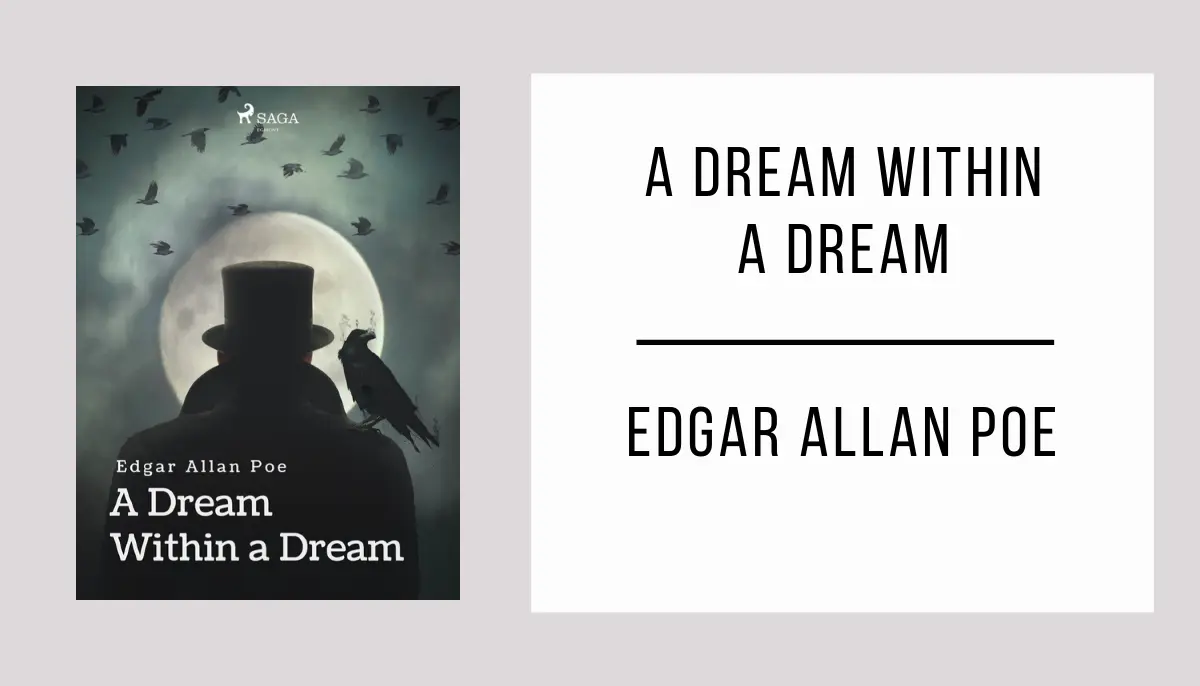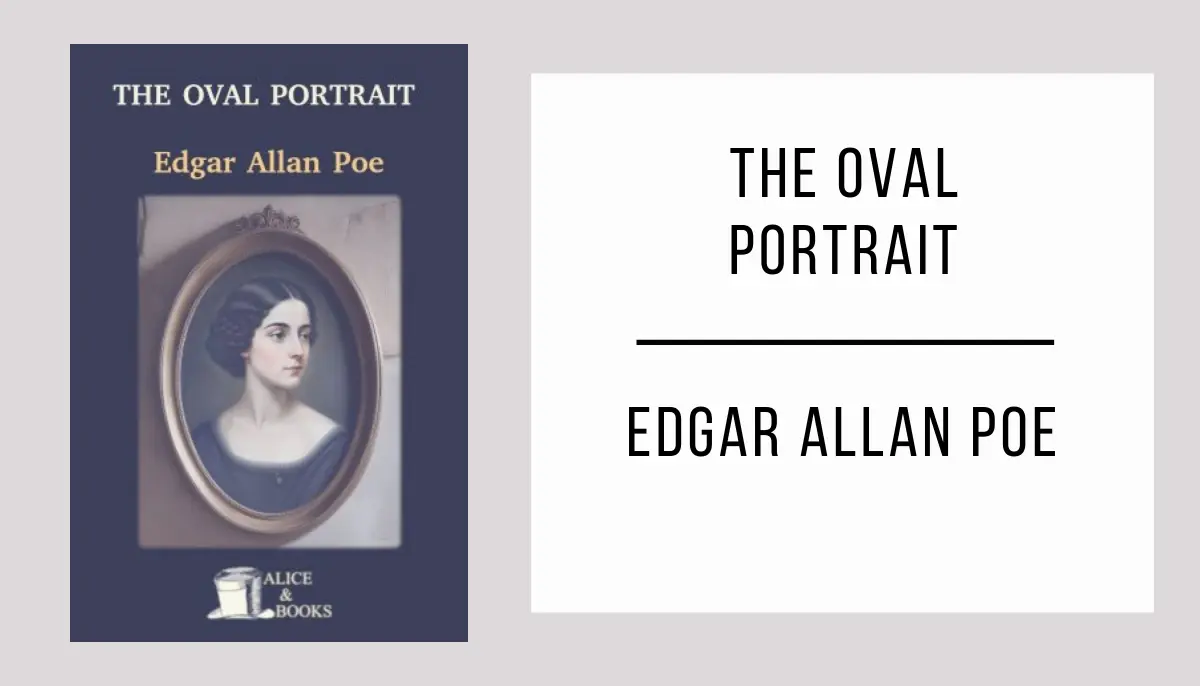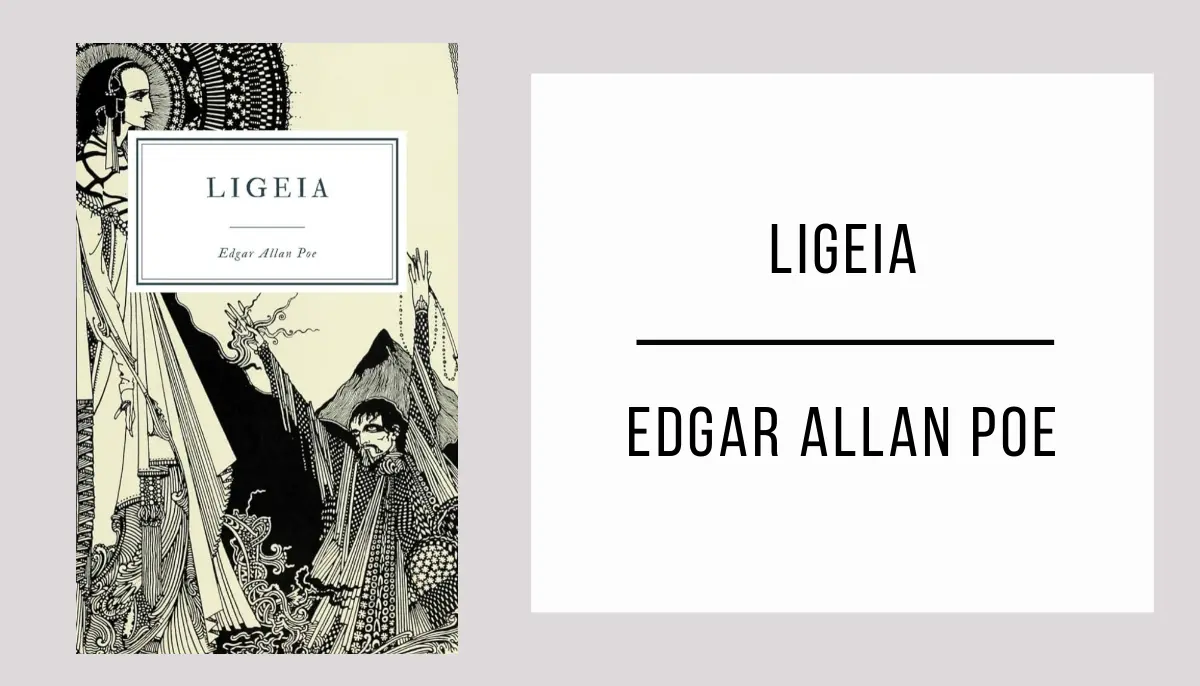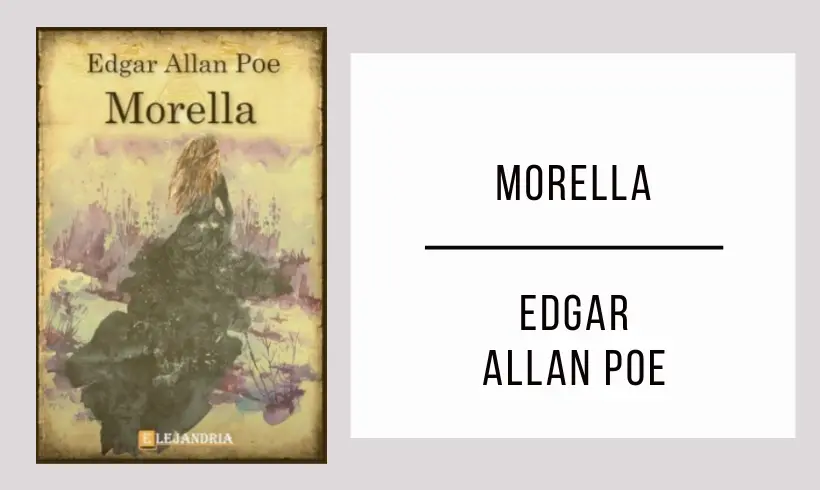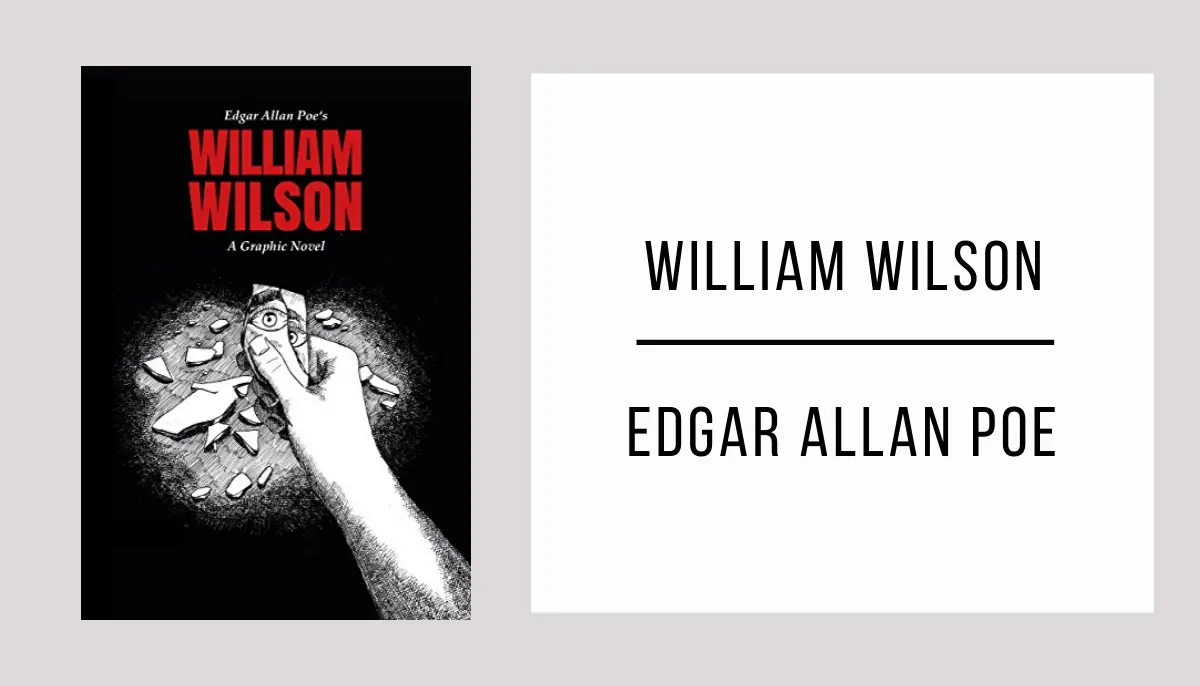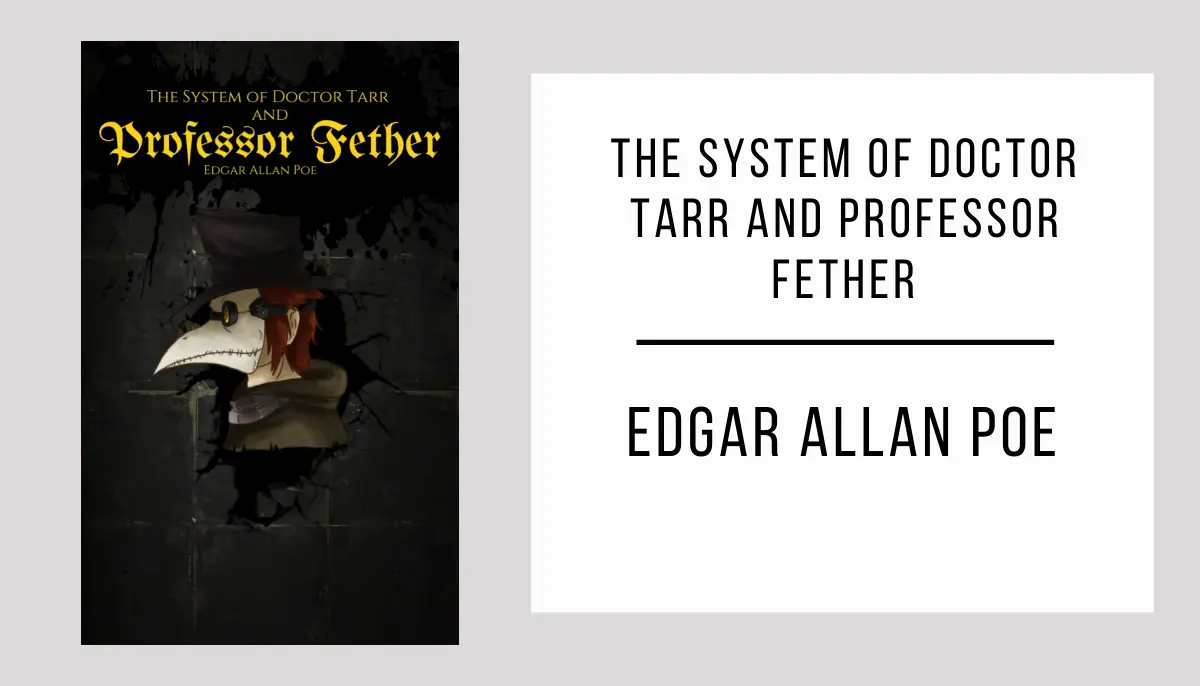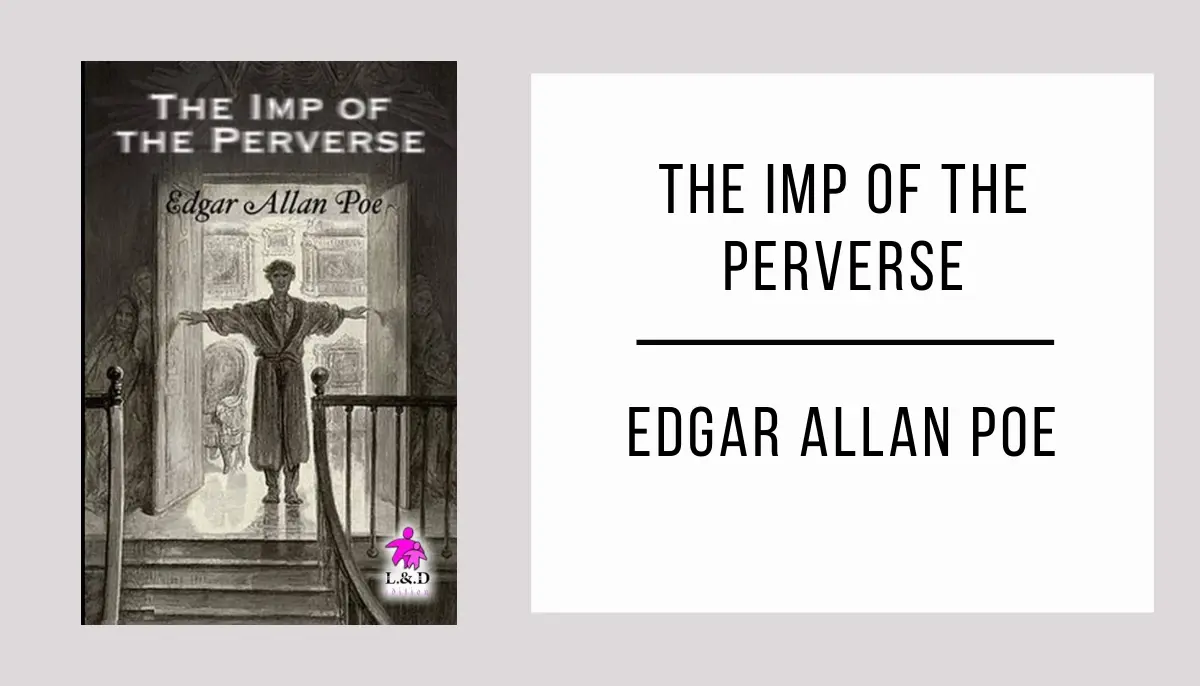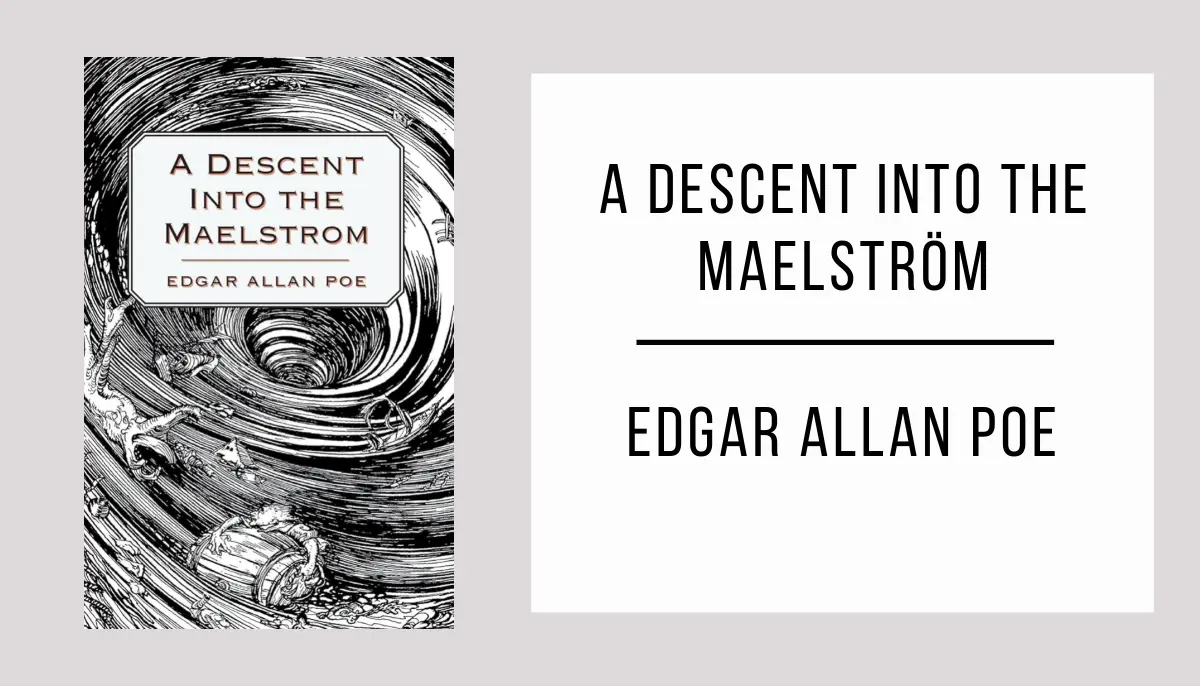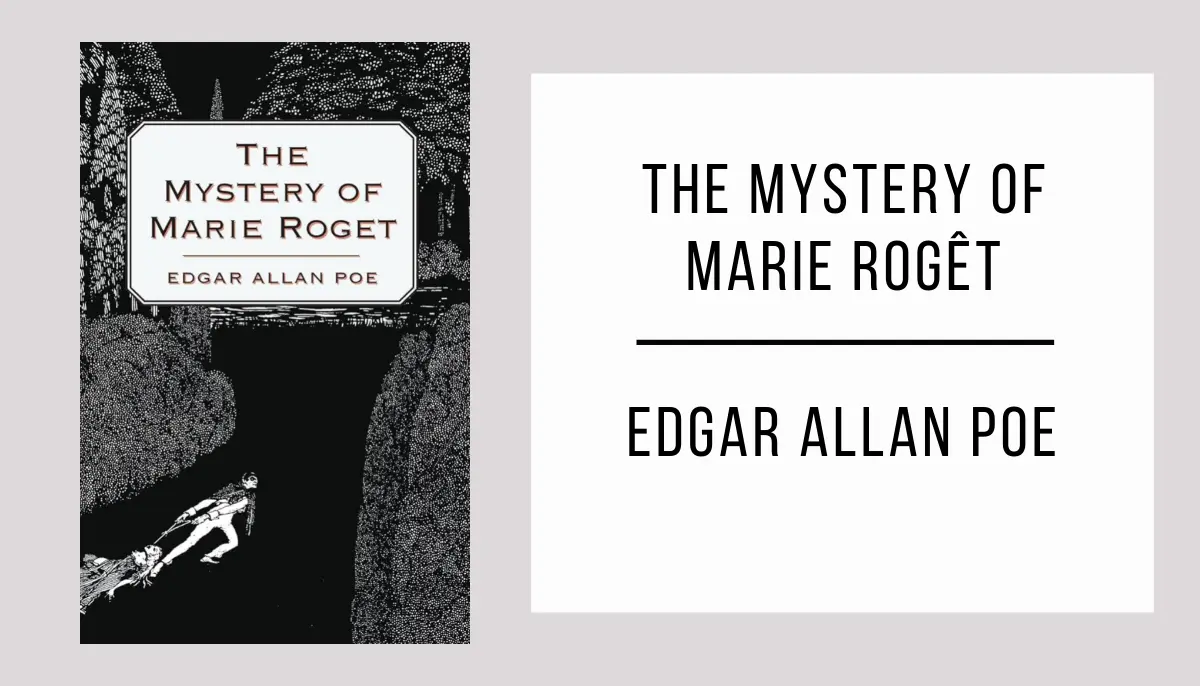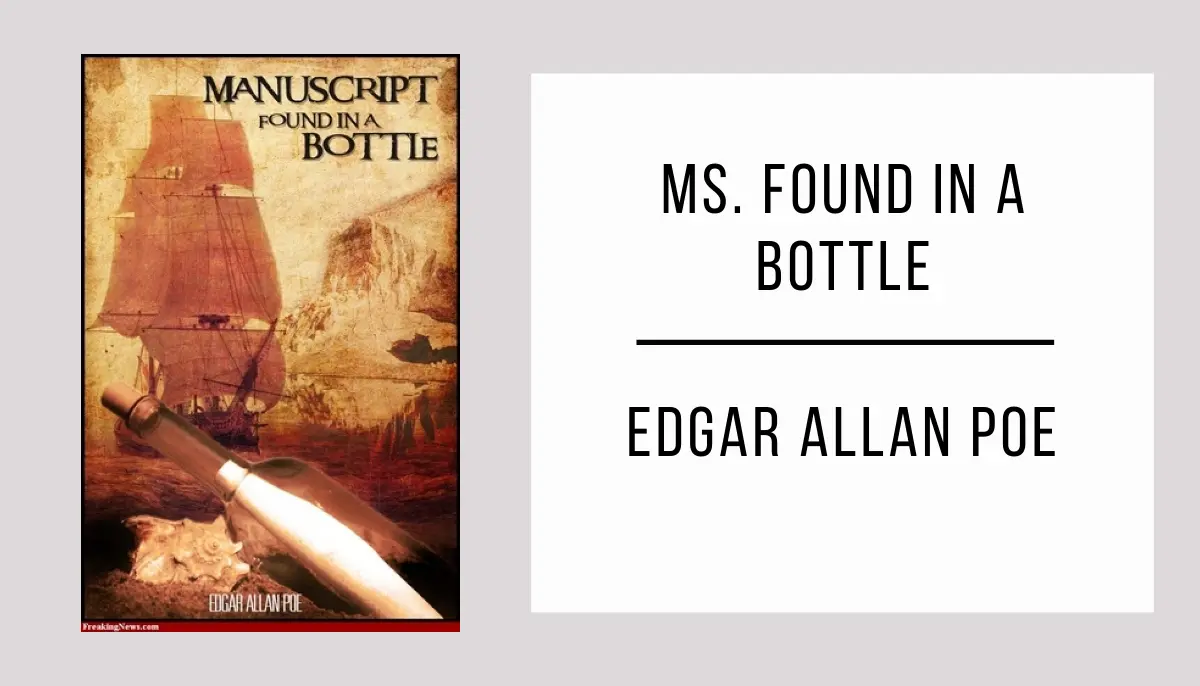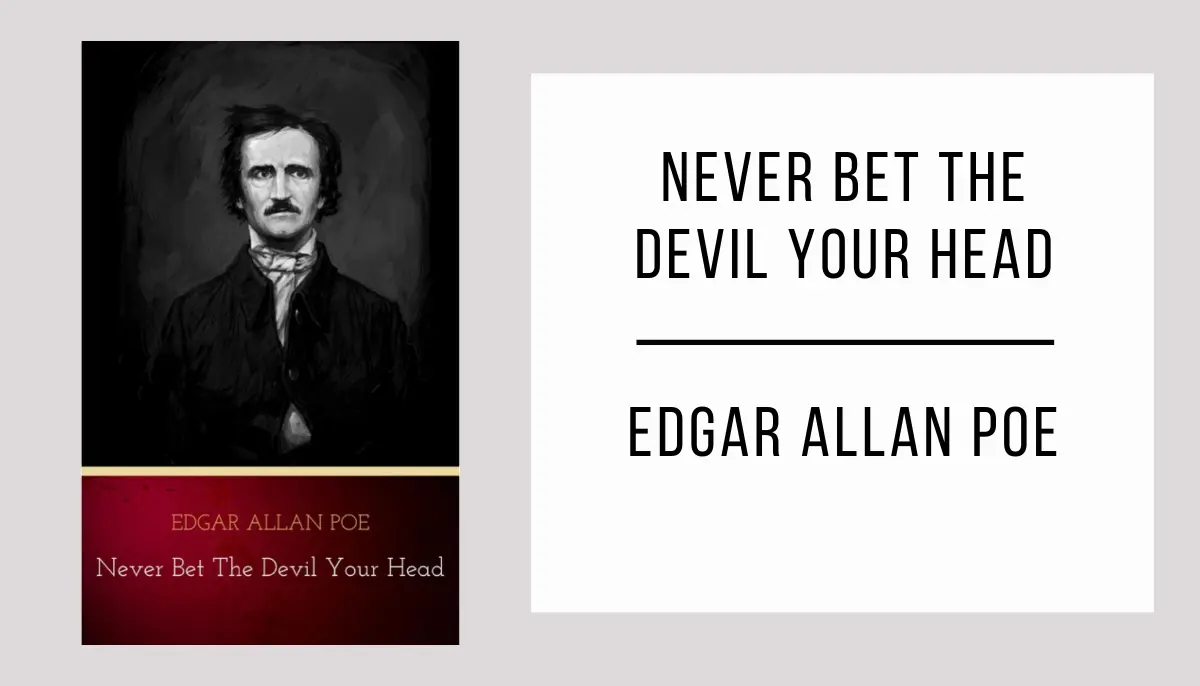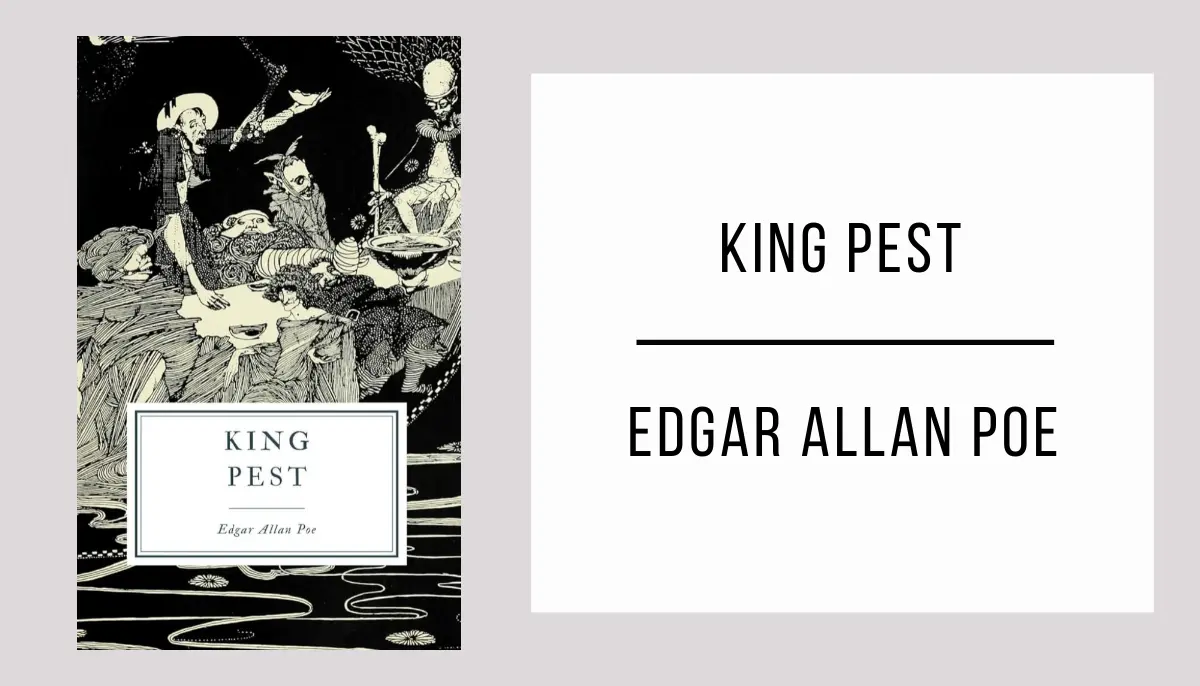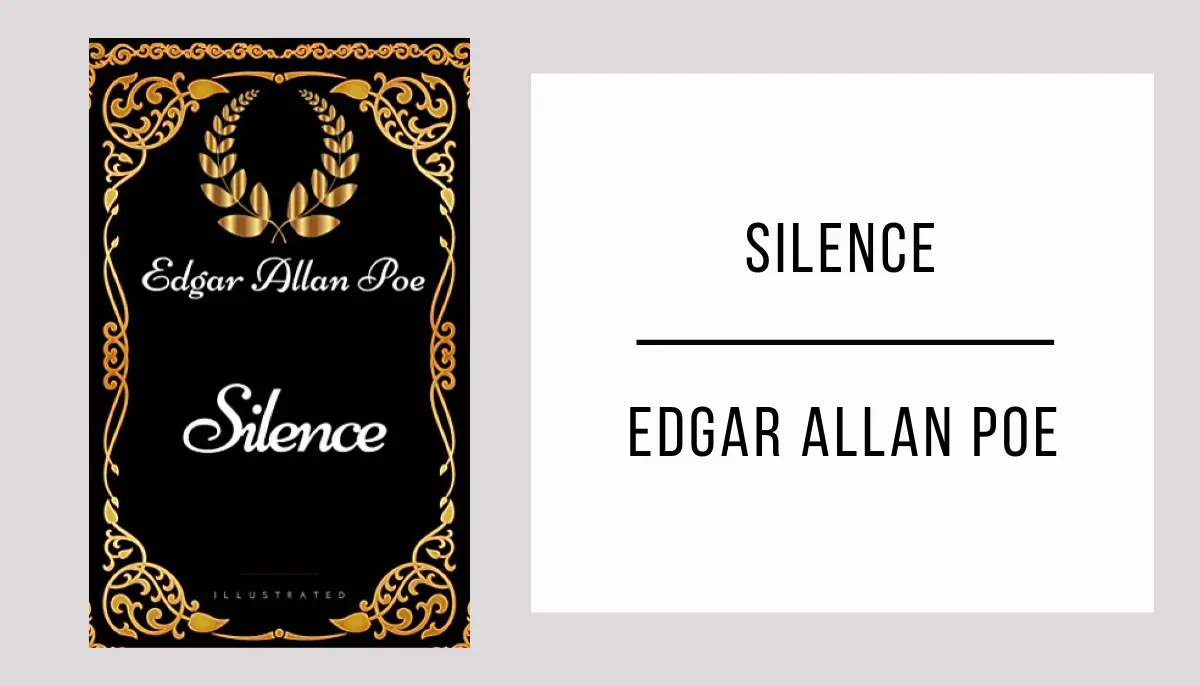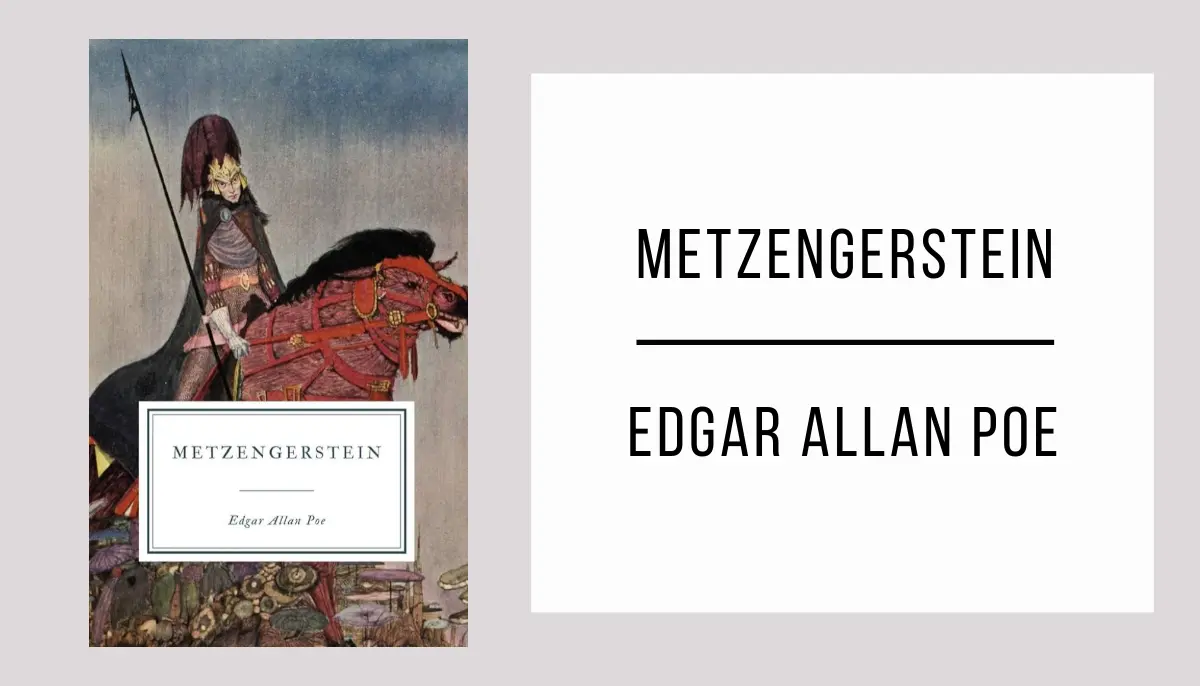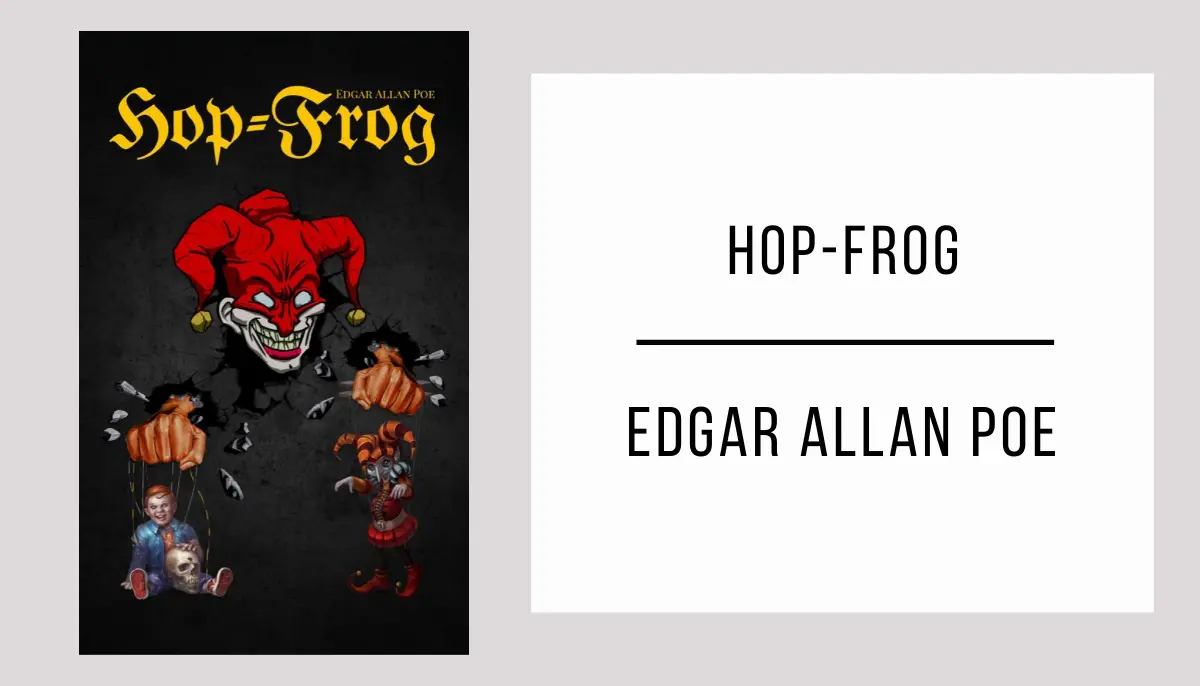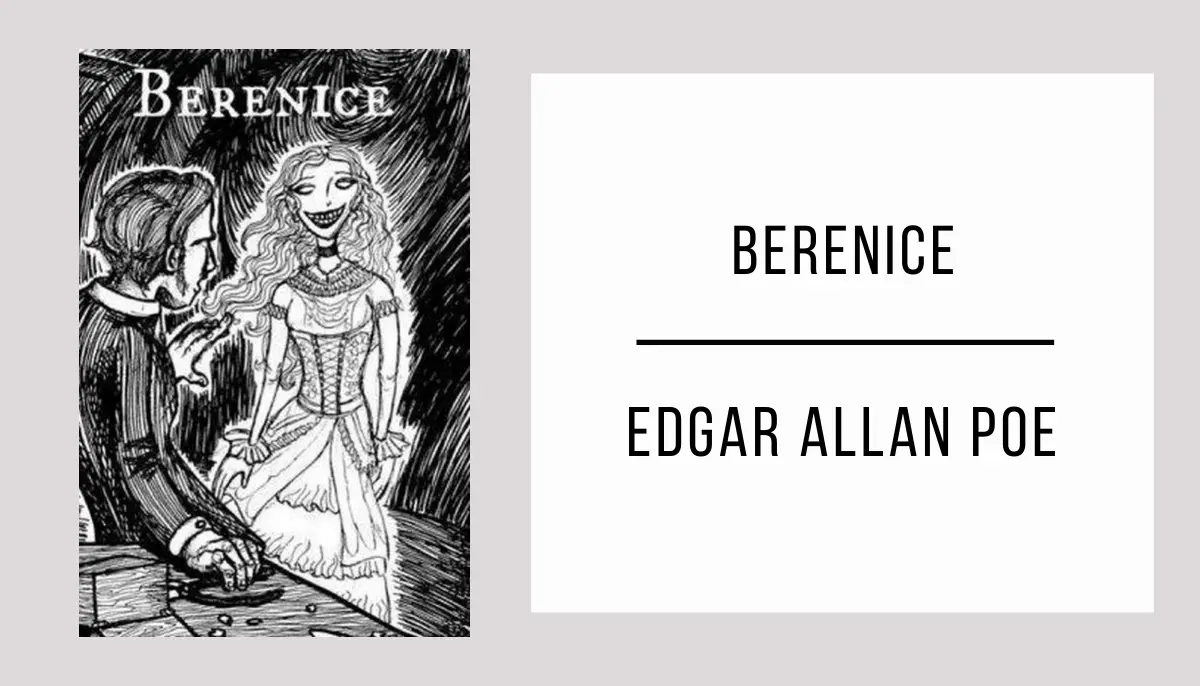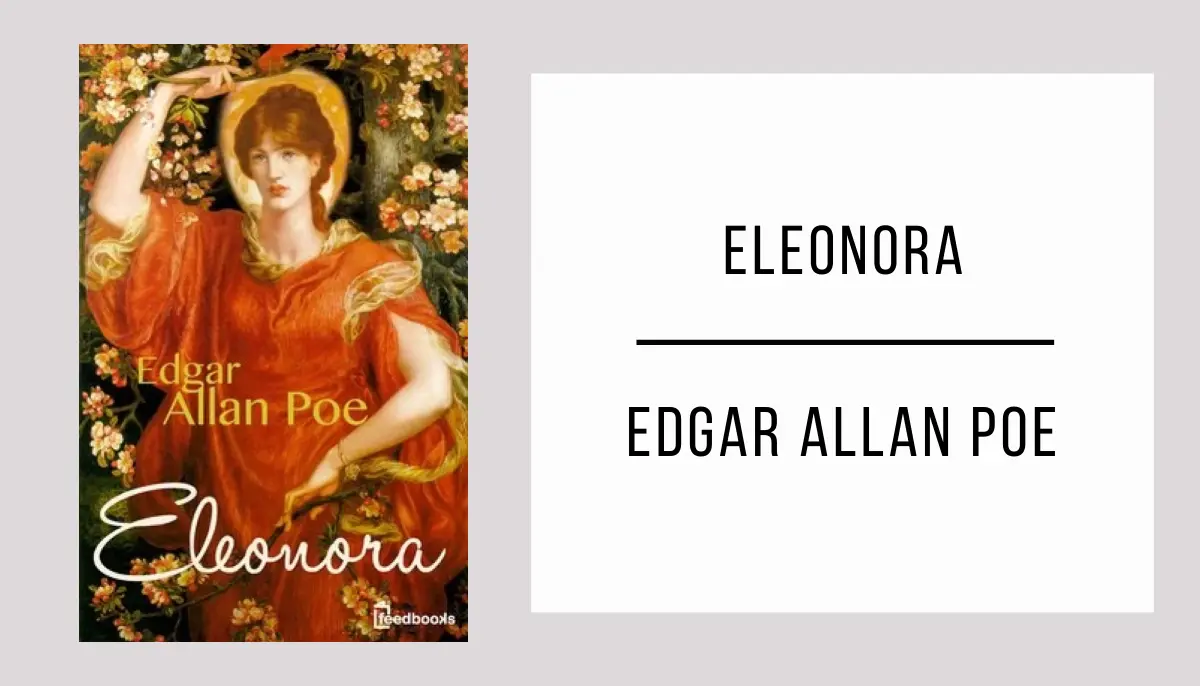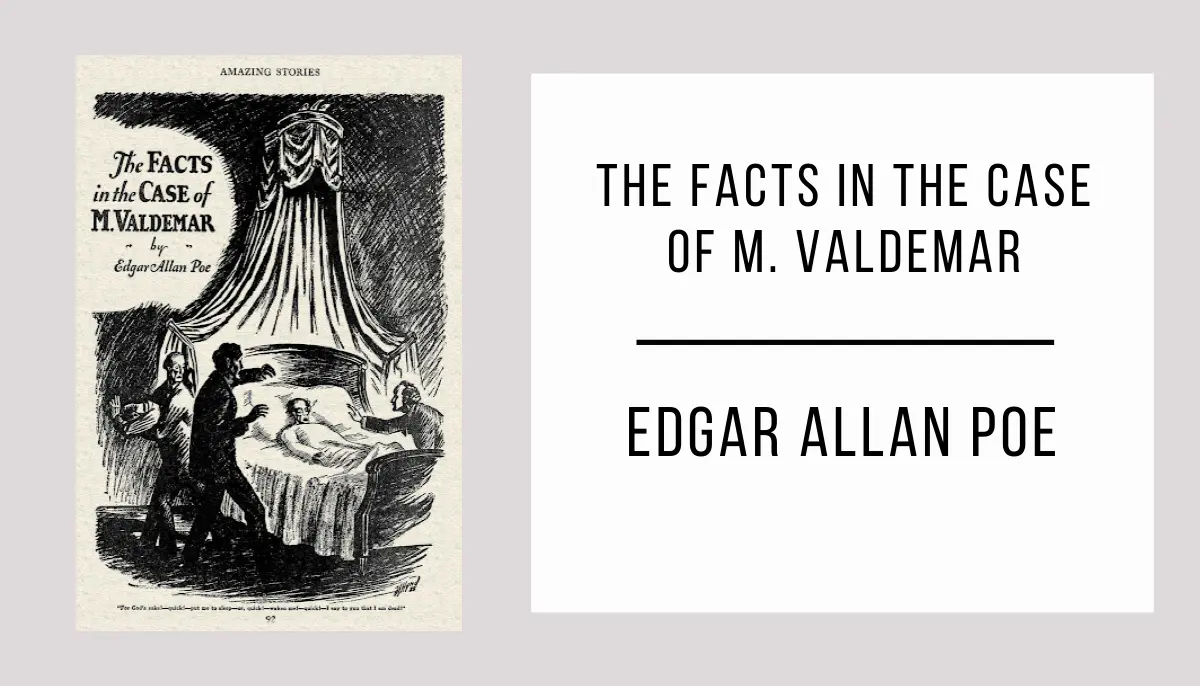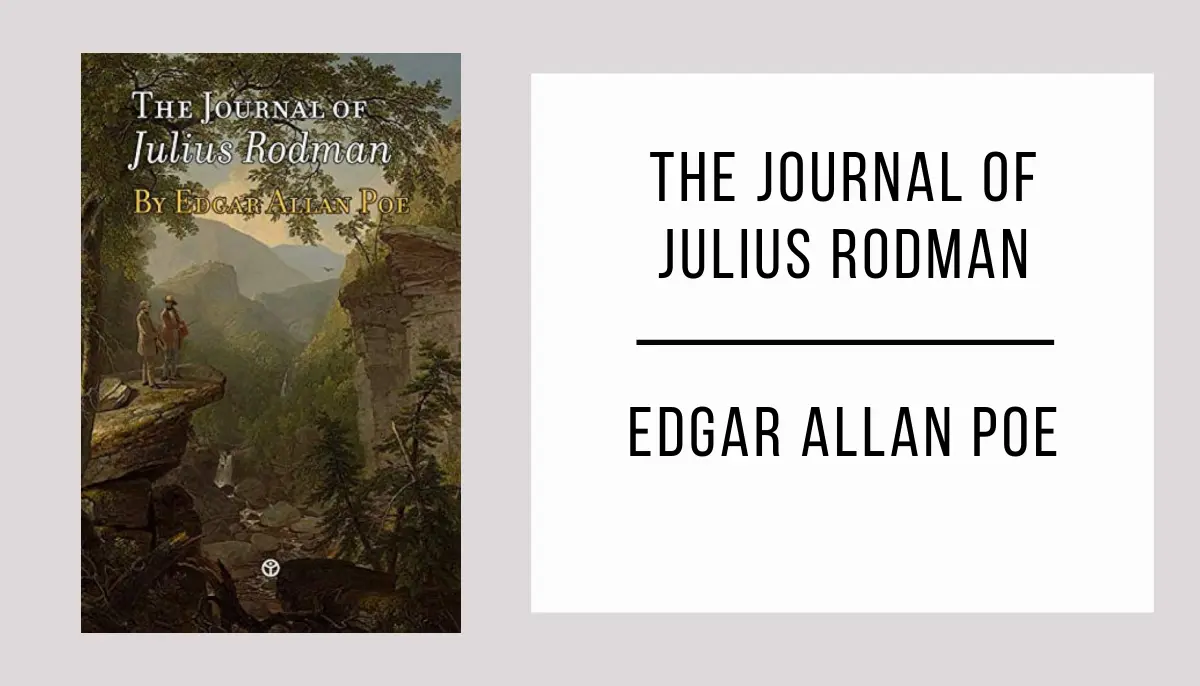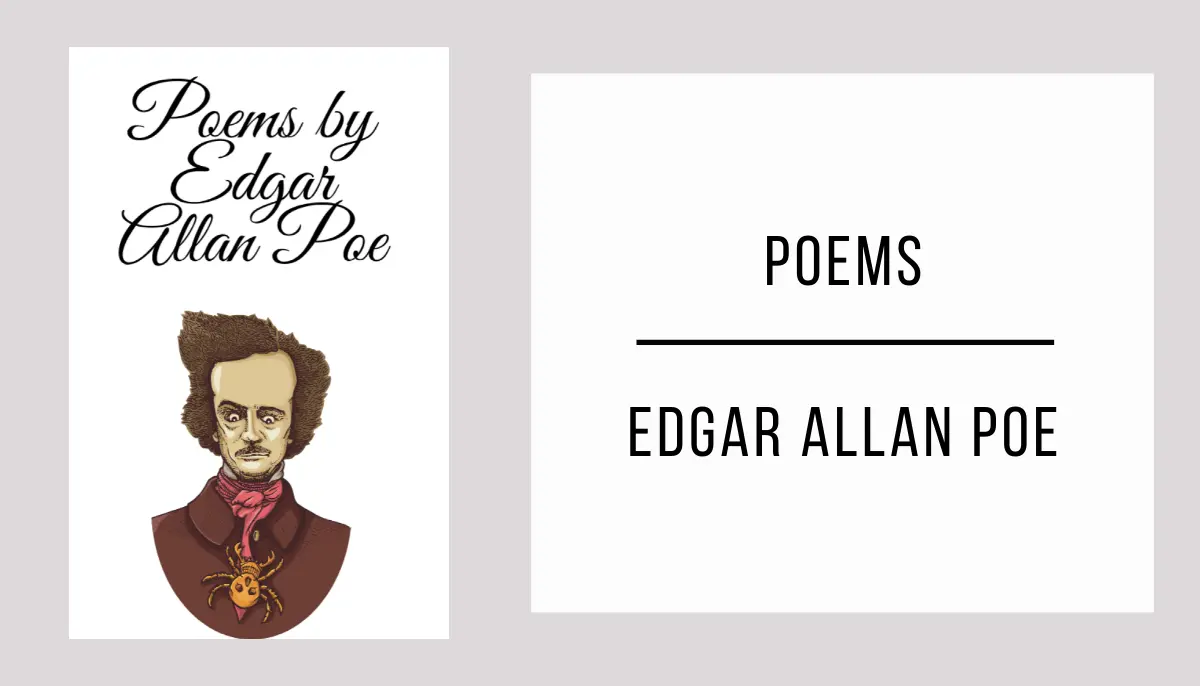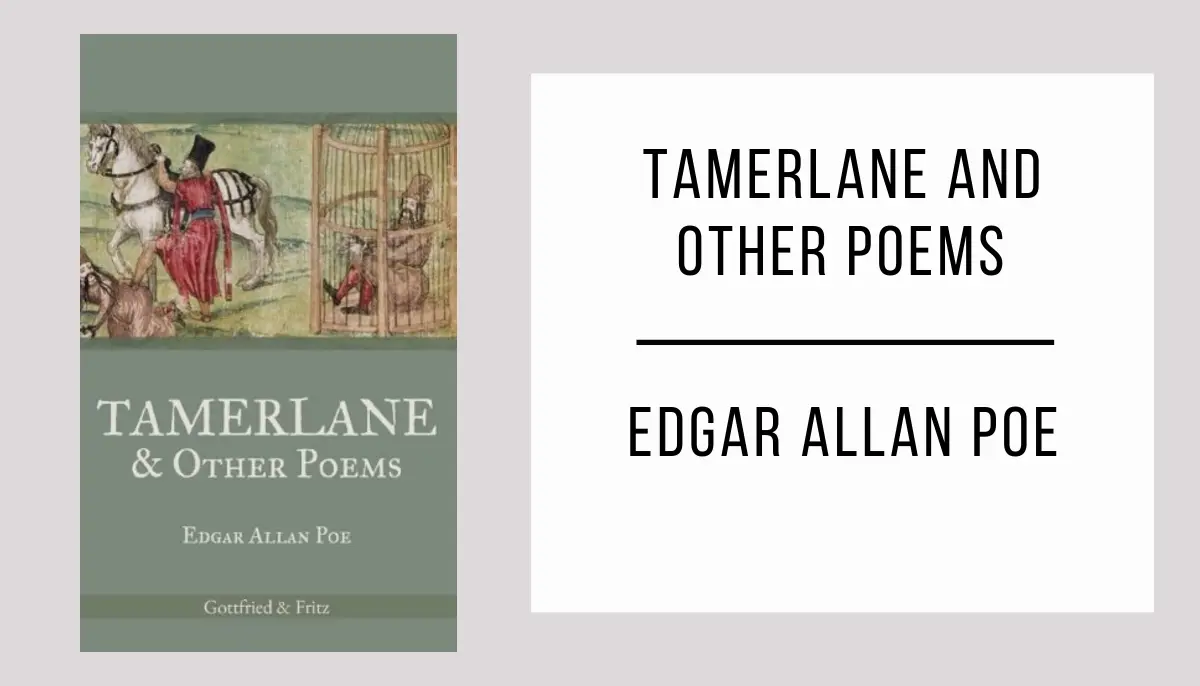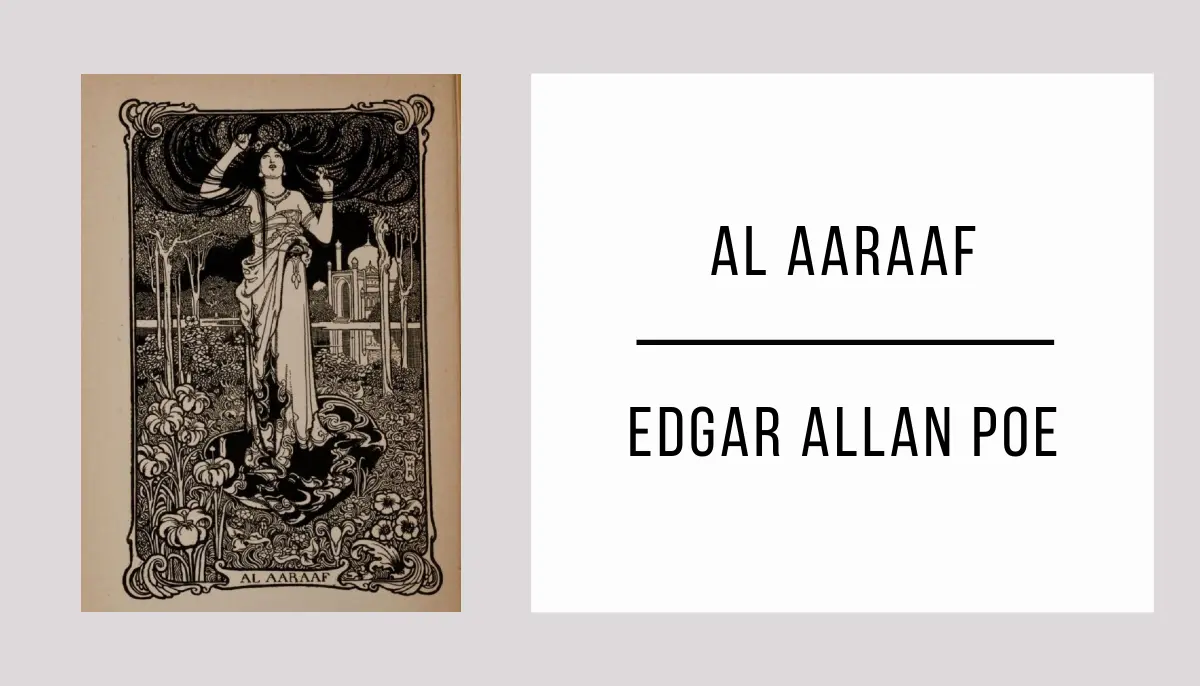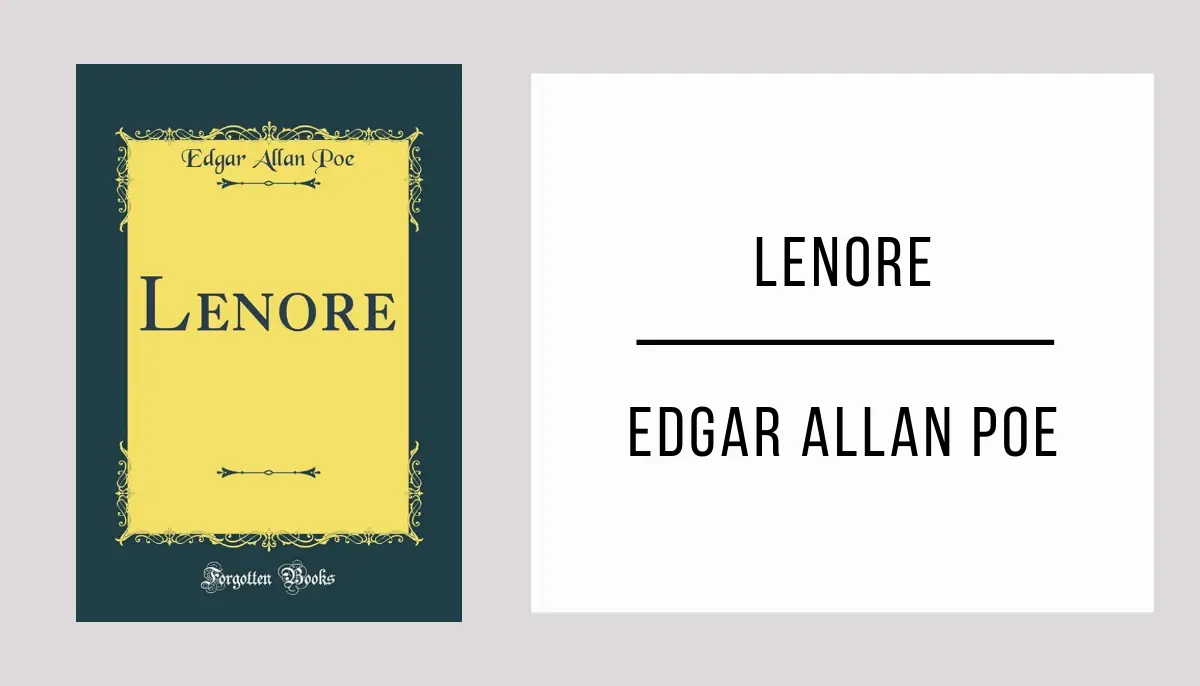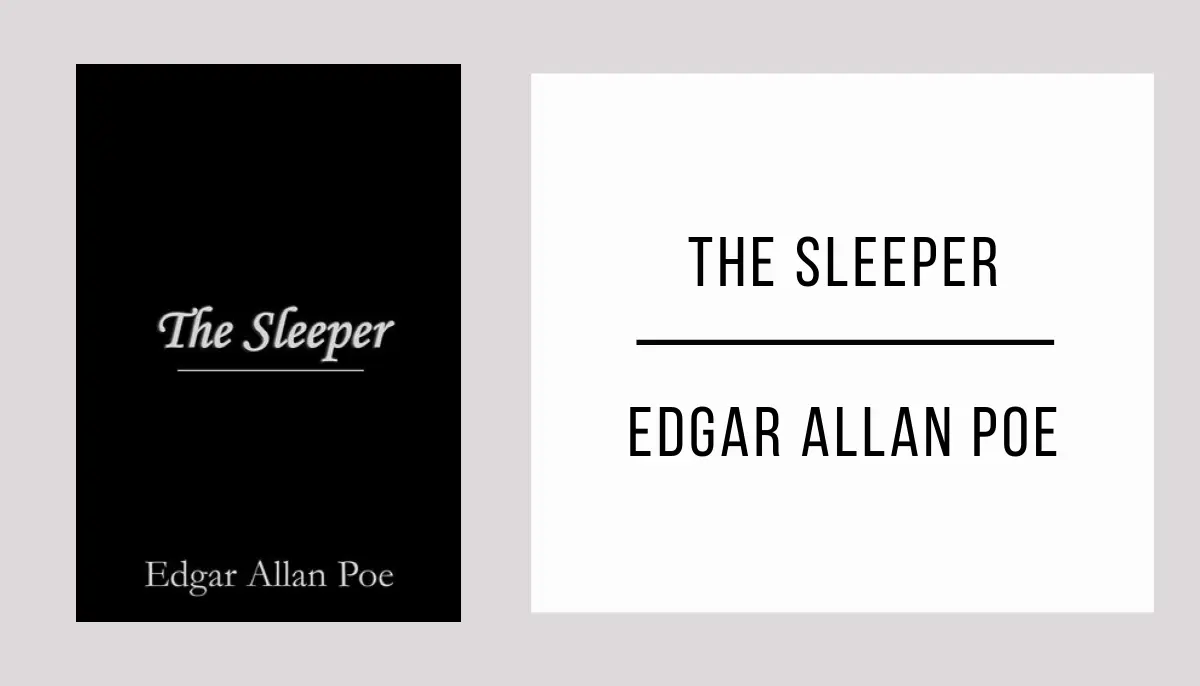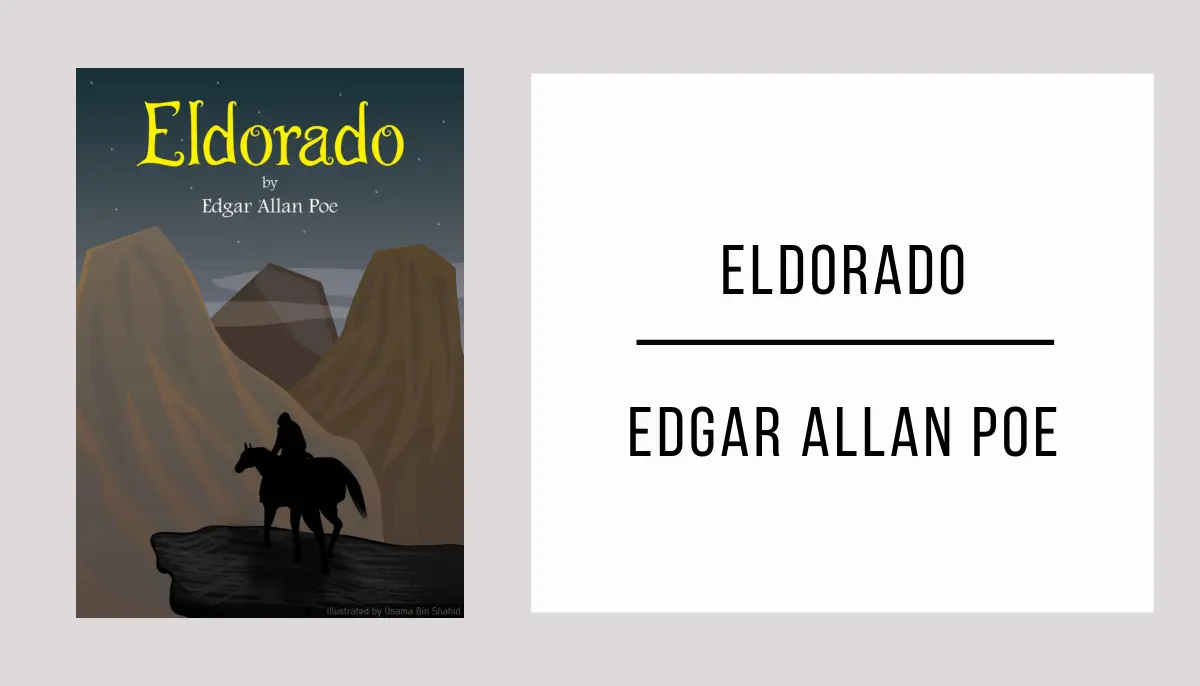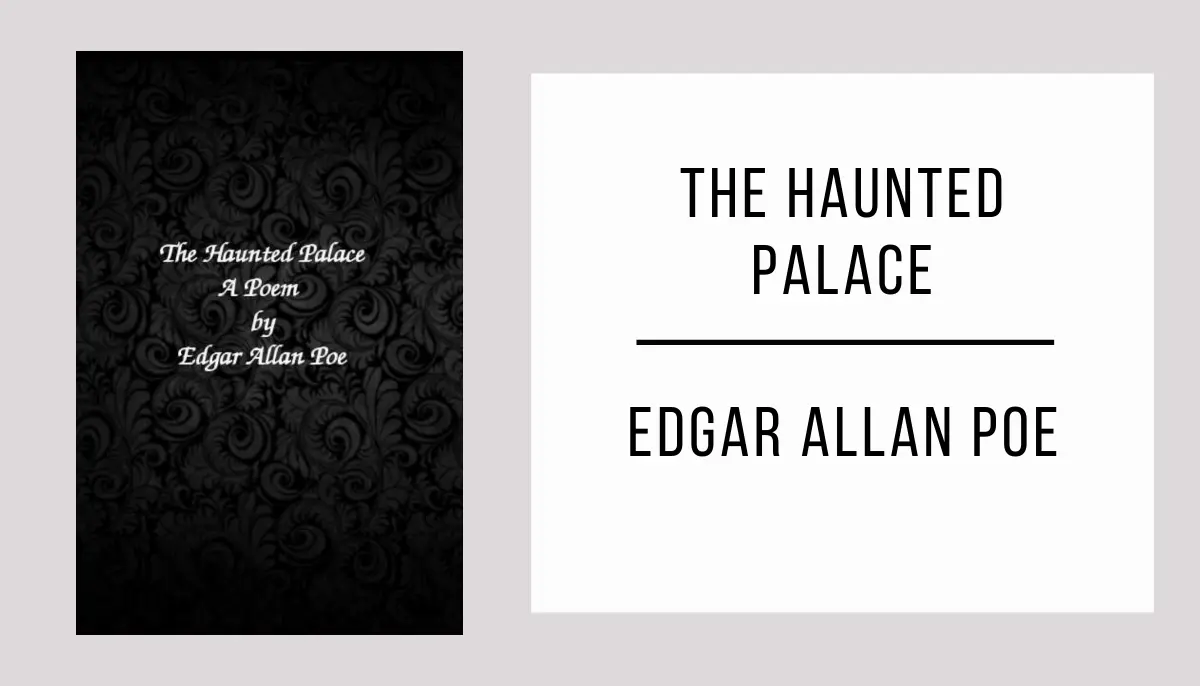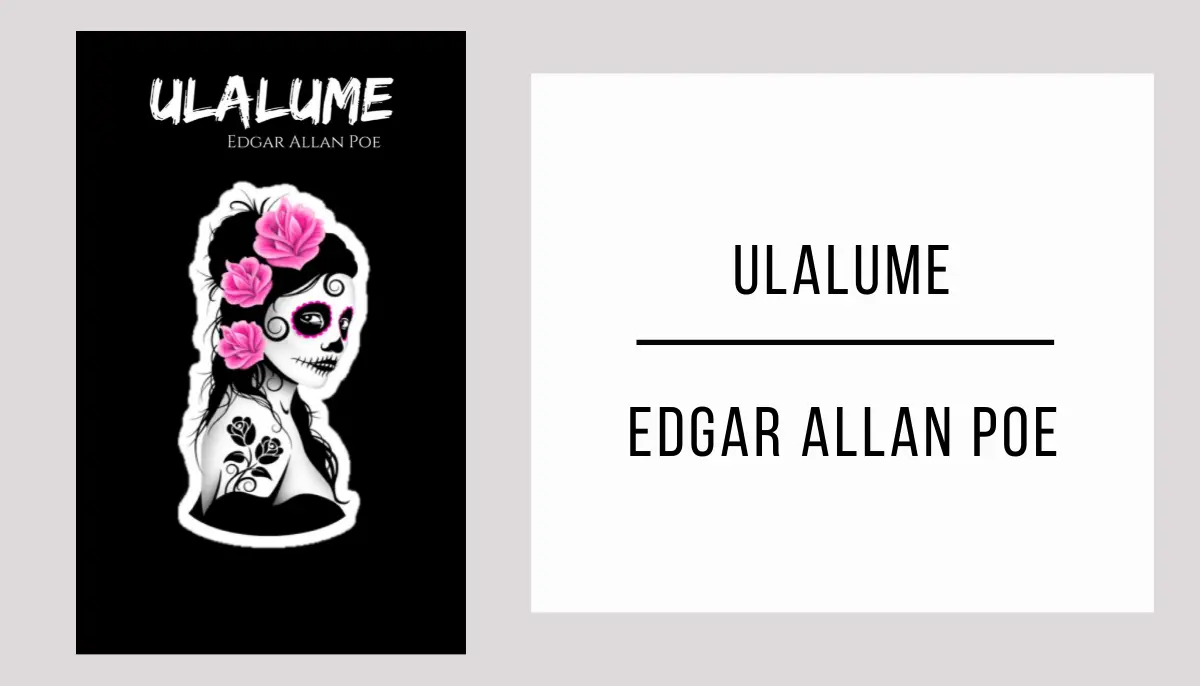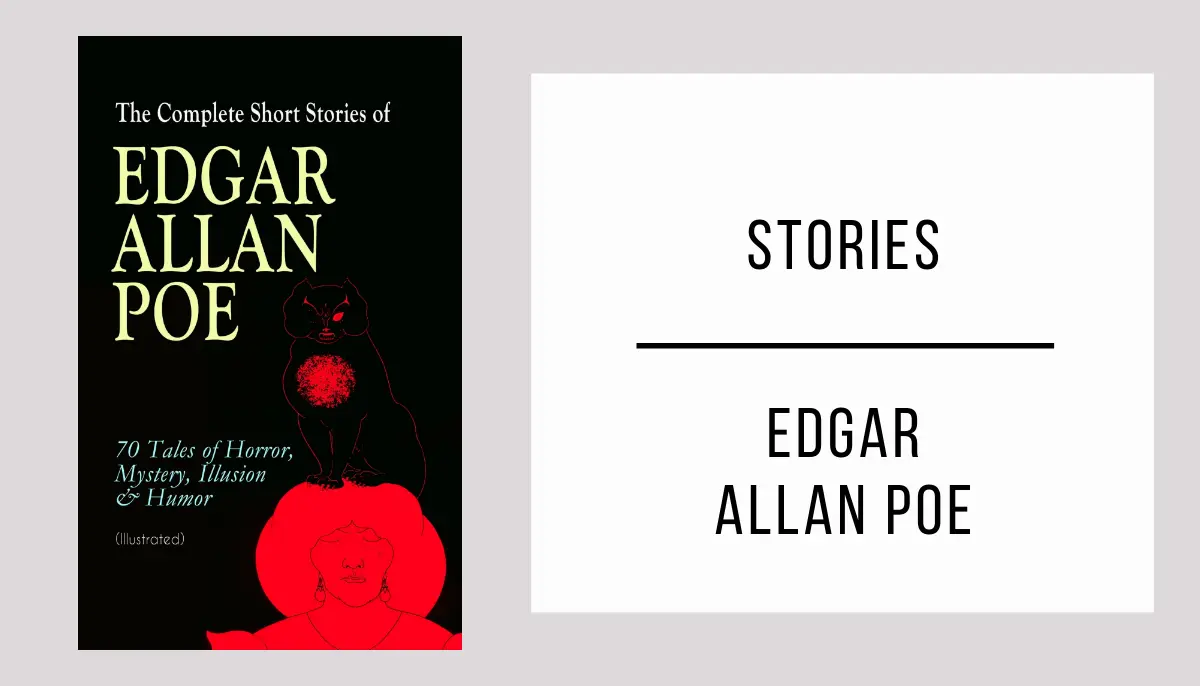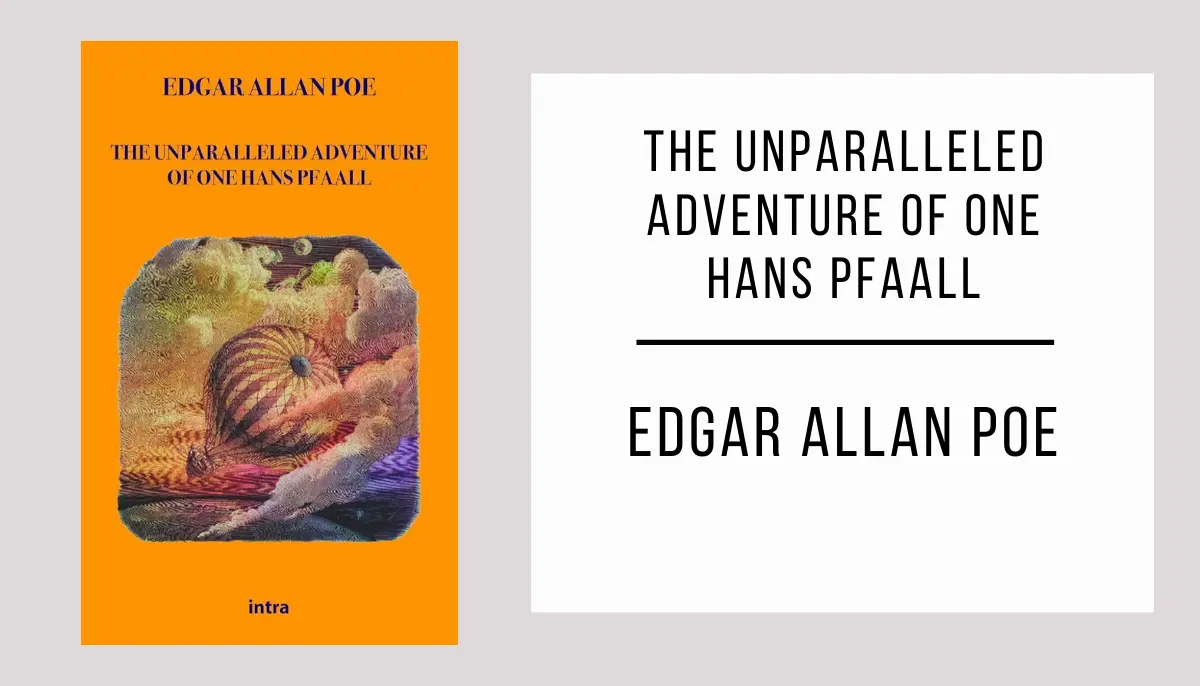“The Man of the Crowd” is a captivating tale by Edgar Allan Poe that will immerse you in the mysteries of human psychology and city life. Through masterful prose, Poe will transport you to an intriguing and dark world where shadows conceal unfathomable secrets.
Download it now and enjoy “The Man of the Crowd” in PDF format completely free. Immerse yourself in this masterpiece of classical literature and discover why the author is considered one of the great masters of mystery and terror.
Allow Edgar Allan Poe’s masterful pen to envelop you in a whirlwind of emotions and lead you to reflect on human nature. With “The Man of the Crowd,” you will embark on an unforgettable literary journey, exploring the labyrinths of the mind and the dark alleyways of the city.
The Man of the Crowd in PDF format
*Wait a few seconds for the document to load, the time may vary depending on your internet connection. If you prefer, you can download the file by clicking on the link below.
Loading fileInformation The Man of the Crowd
- Author: Edgar Allan Poe.
- Publication Date: 1840.
- Main Characters:
- The narrator: Anonymous observer.
- The man of the crowd: An enigmatic individual who wanders the streets.
- Brief summary: In “The Man of the Crowd,” the narrator sits in a café and observes people passing by on the street. His attention is captured by a peculiar-looking man, and he decides to follow him through the city. As the narrator attempts to decipher the identity and motives of the man of the crowd, he becomes entangled in a game of appearances and concealment that pushes him to the brink of madness.
- Thematic analysis: “The Man of the Crowd” explores themes of loneliness, alienation, and obsession. Edgar Allan Poe portrays the city as a place filled with anonymous and superficial individuals, where true identity hides behind social masks.
- Historical context: “The Man of the Crowd” was published in 1840, during the height of the Romantic era. This short story reflects Edgar Allan Poe’s pessimistic and dark vision of urban society and the human condition. The industrialization and growth of cities during that period gave rise to a sense of anonymity and alienation, themes that are explored in this narrative.


